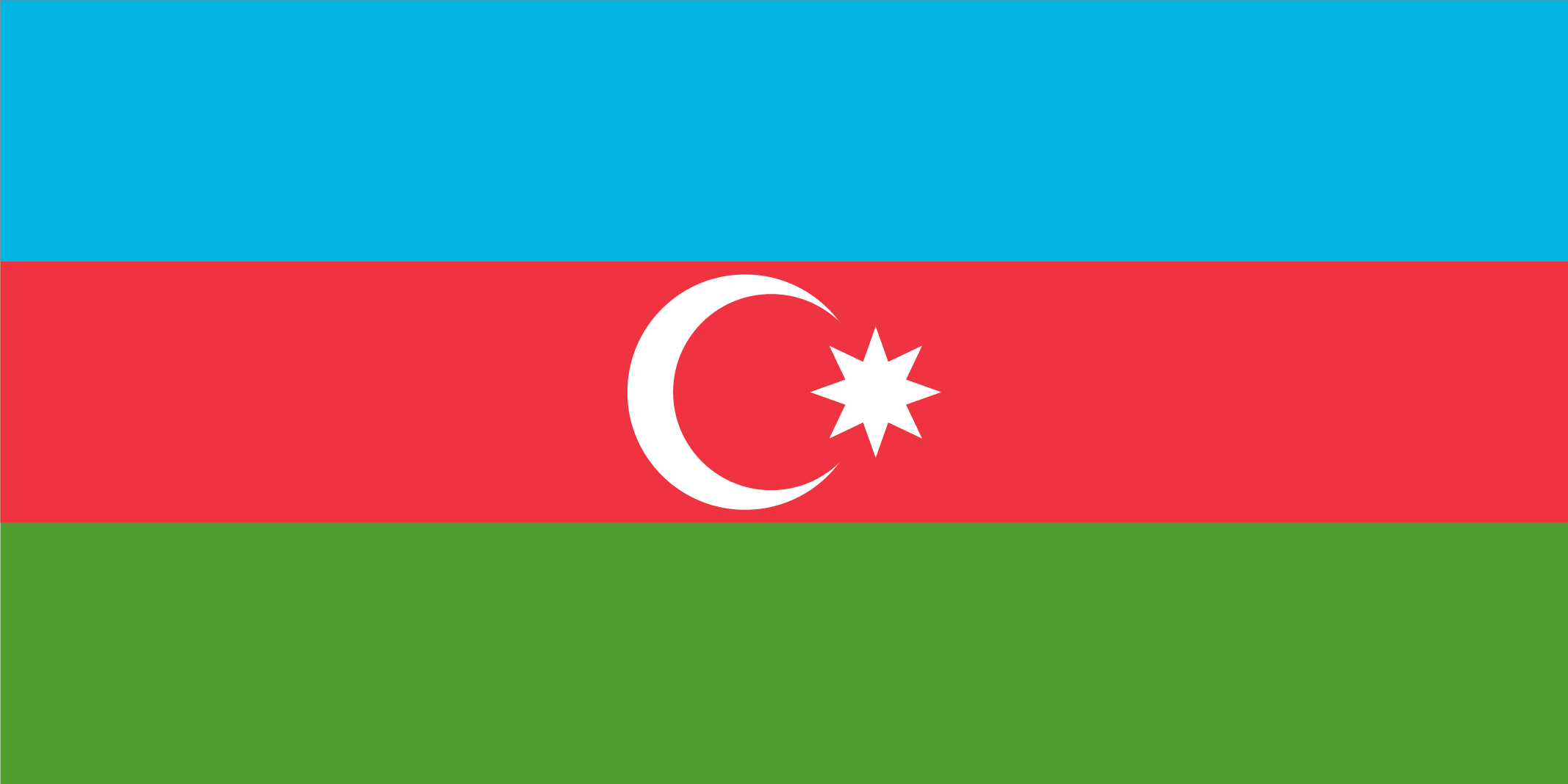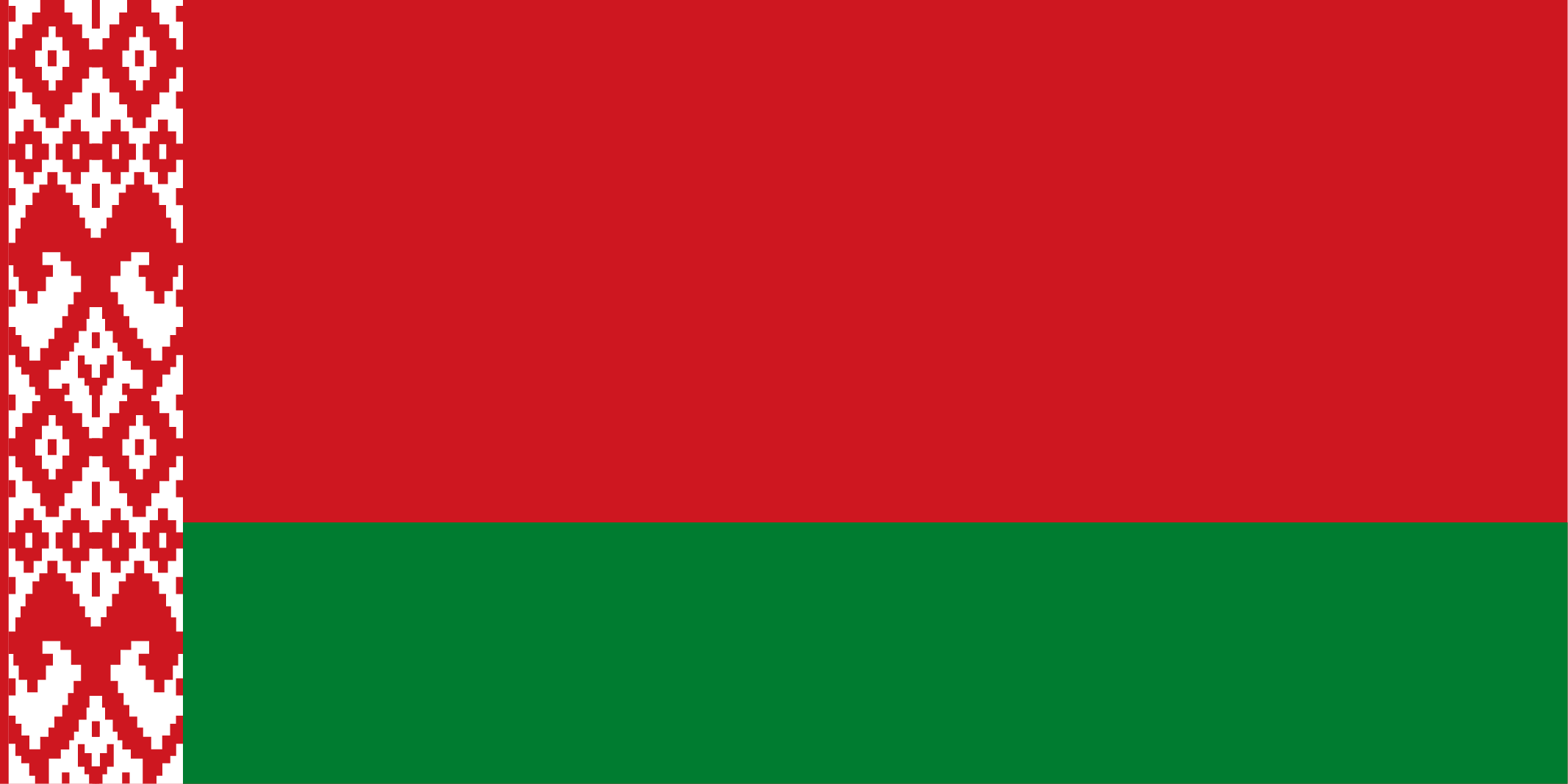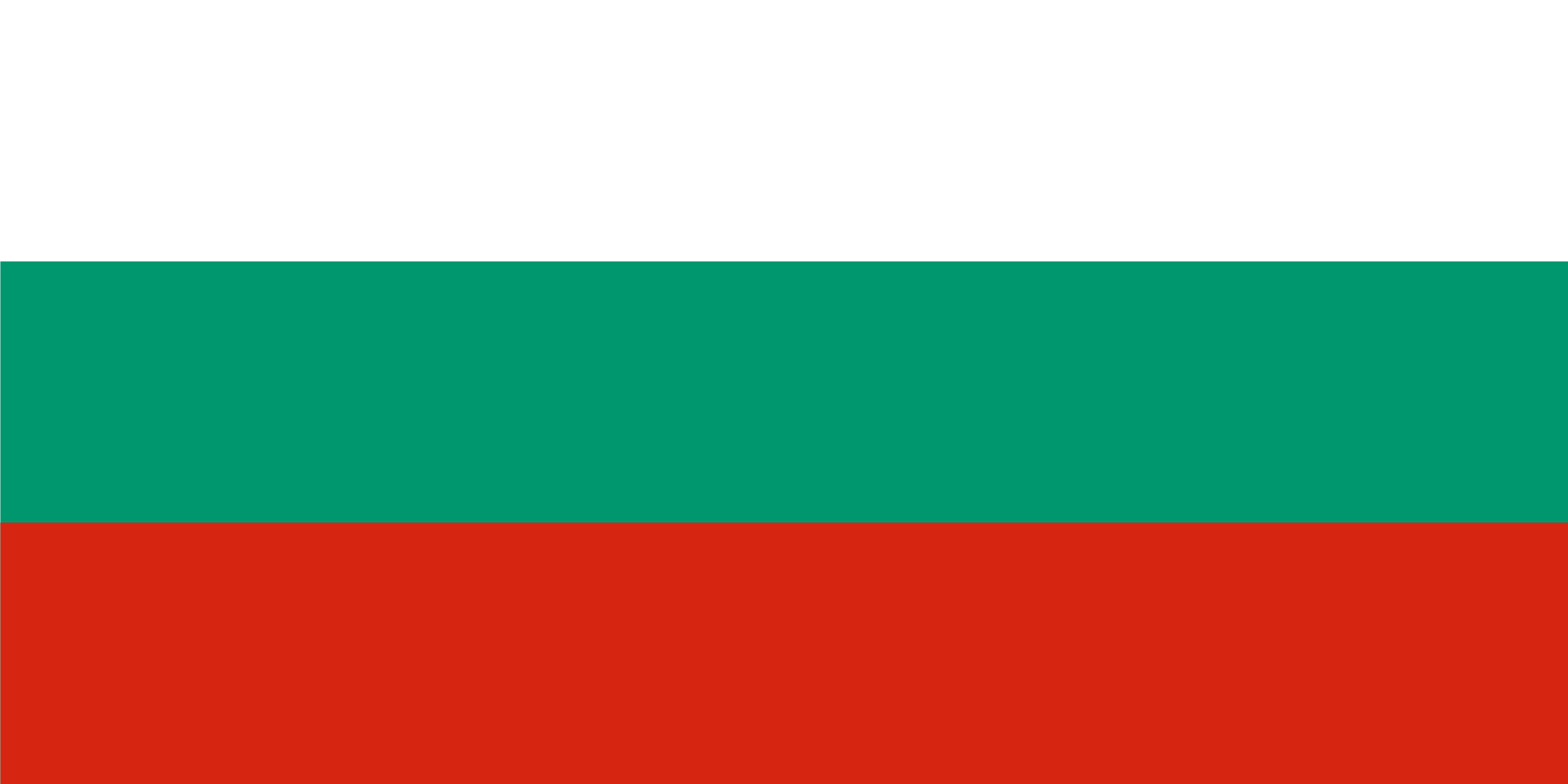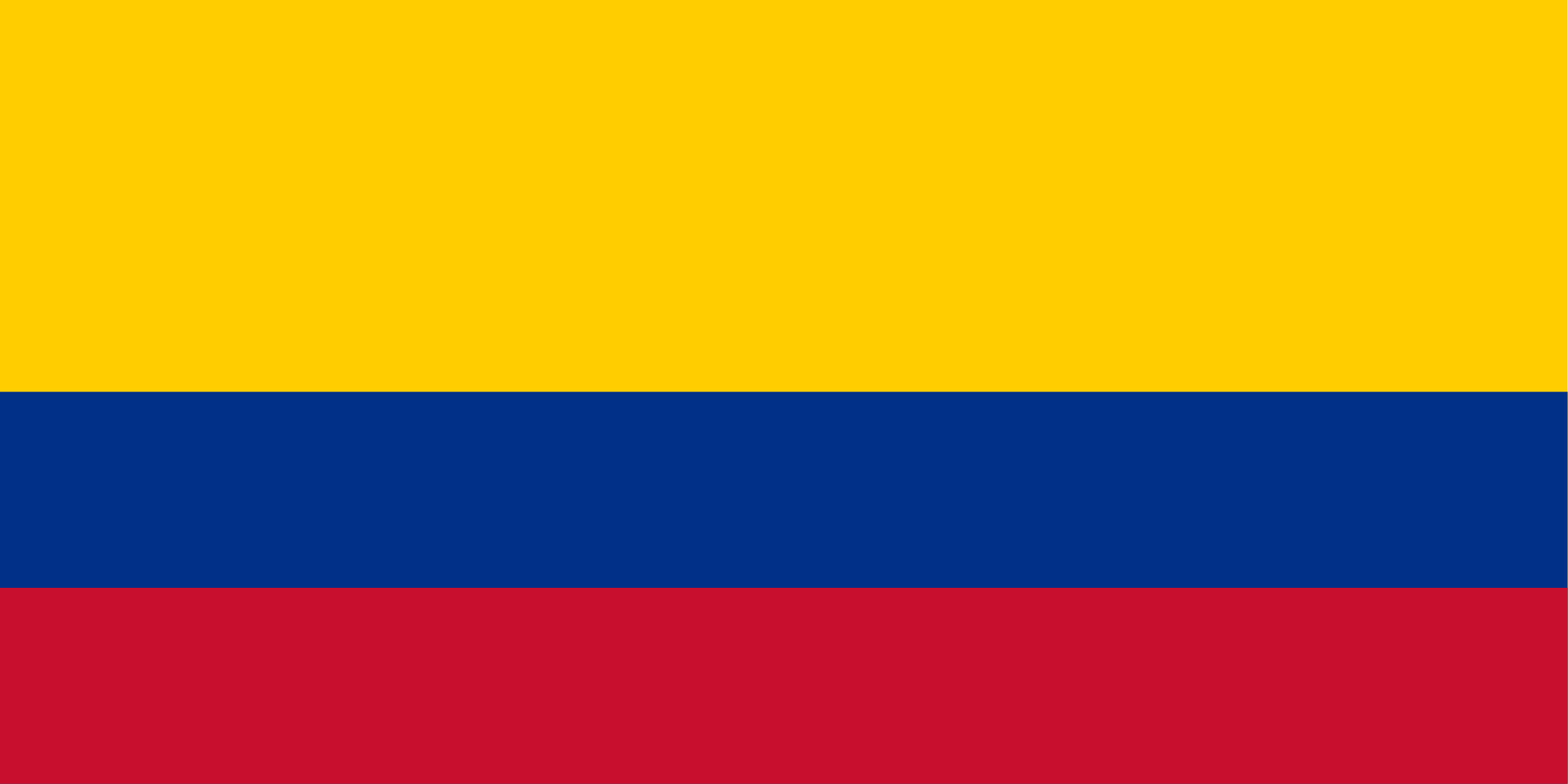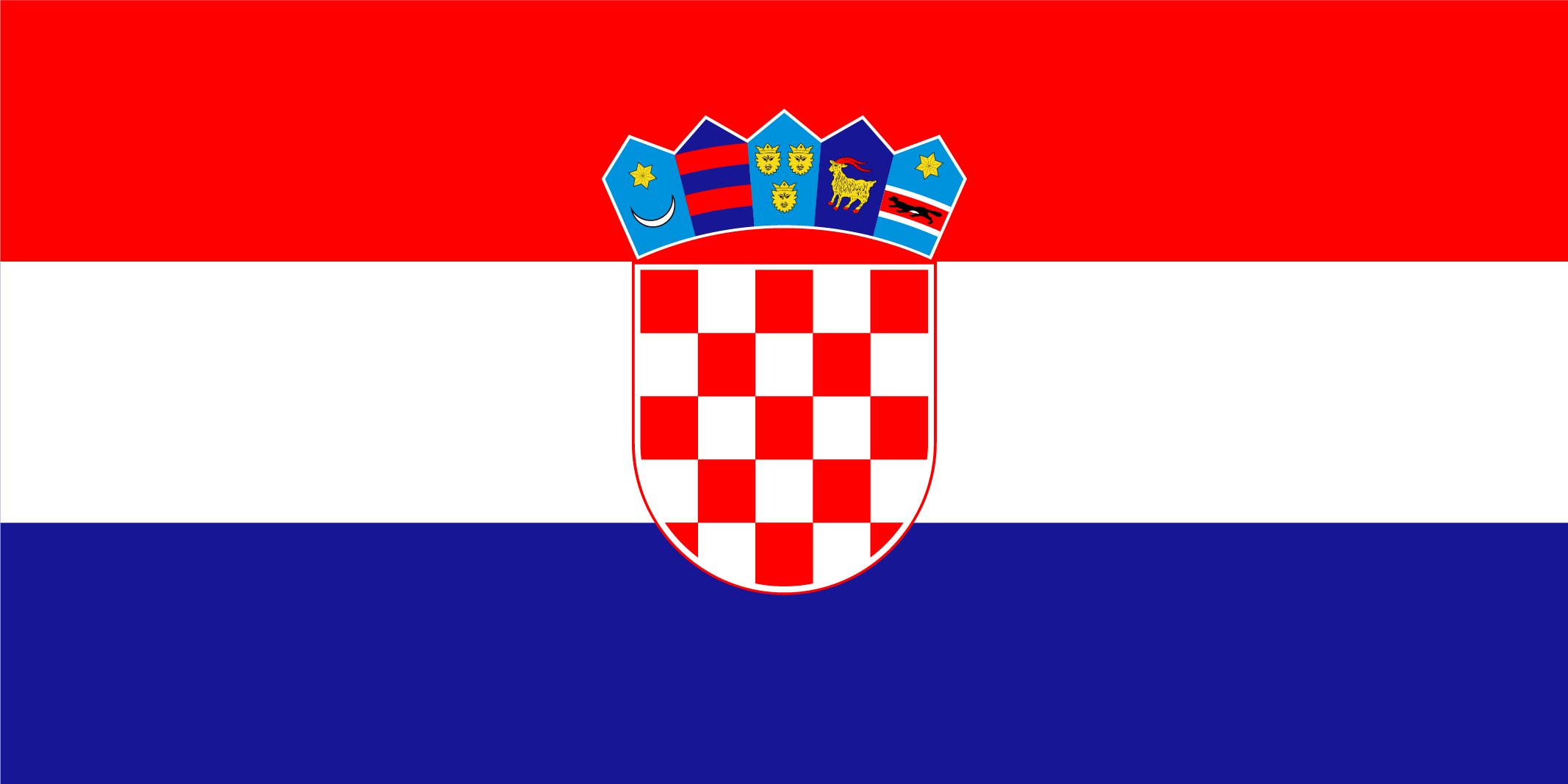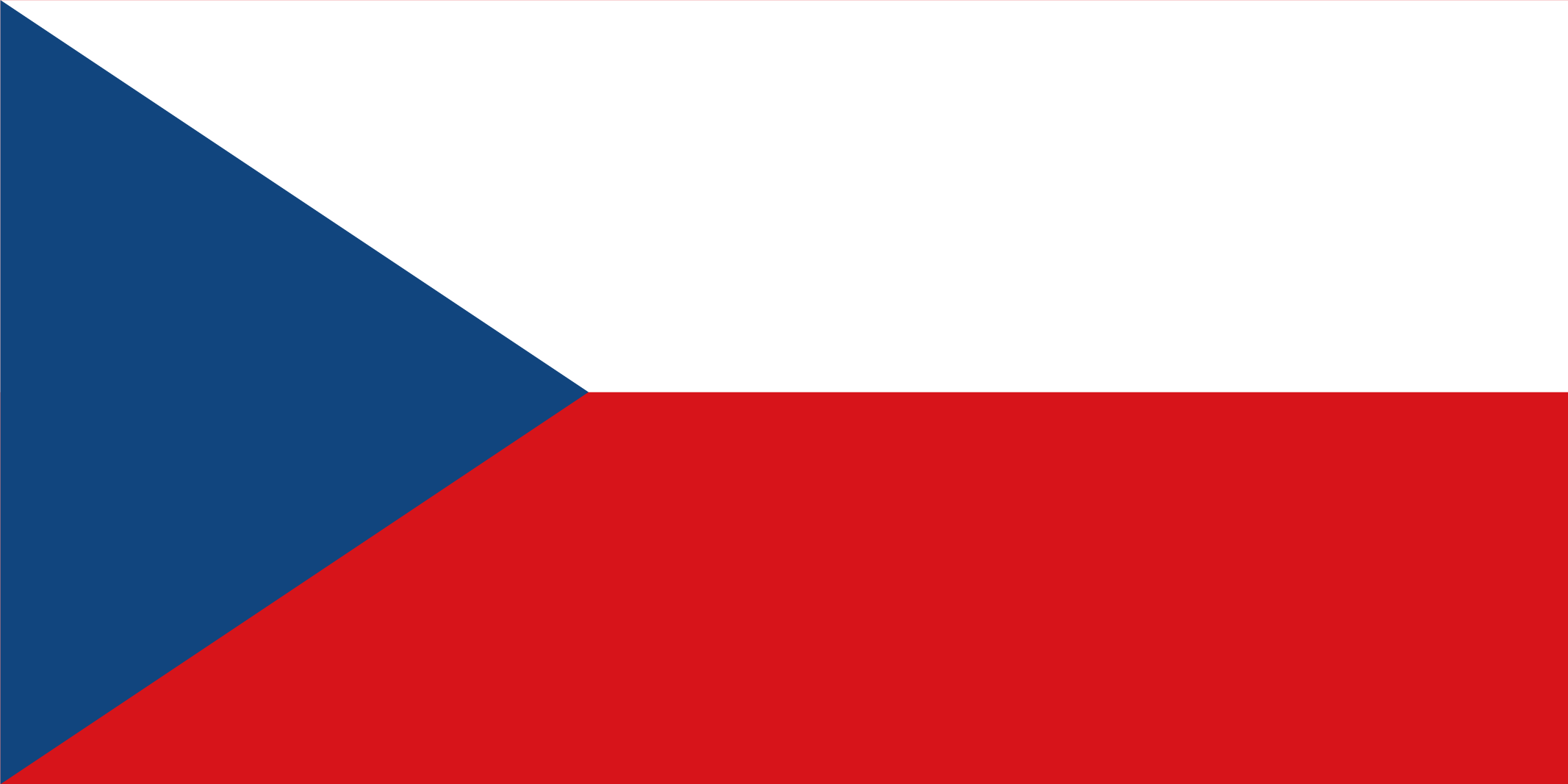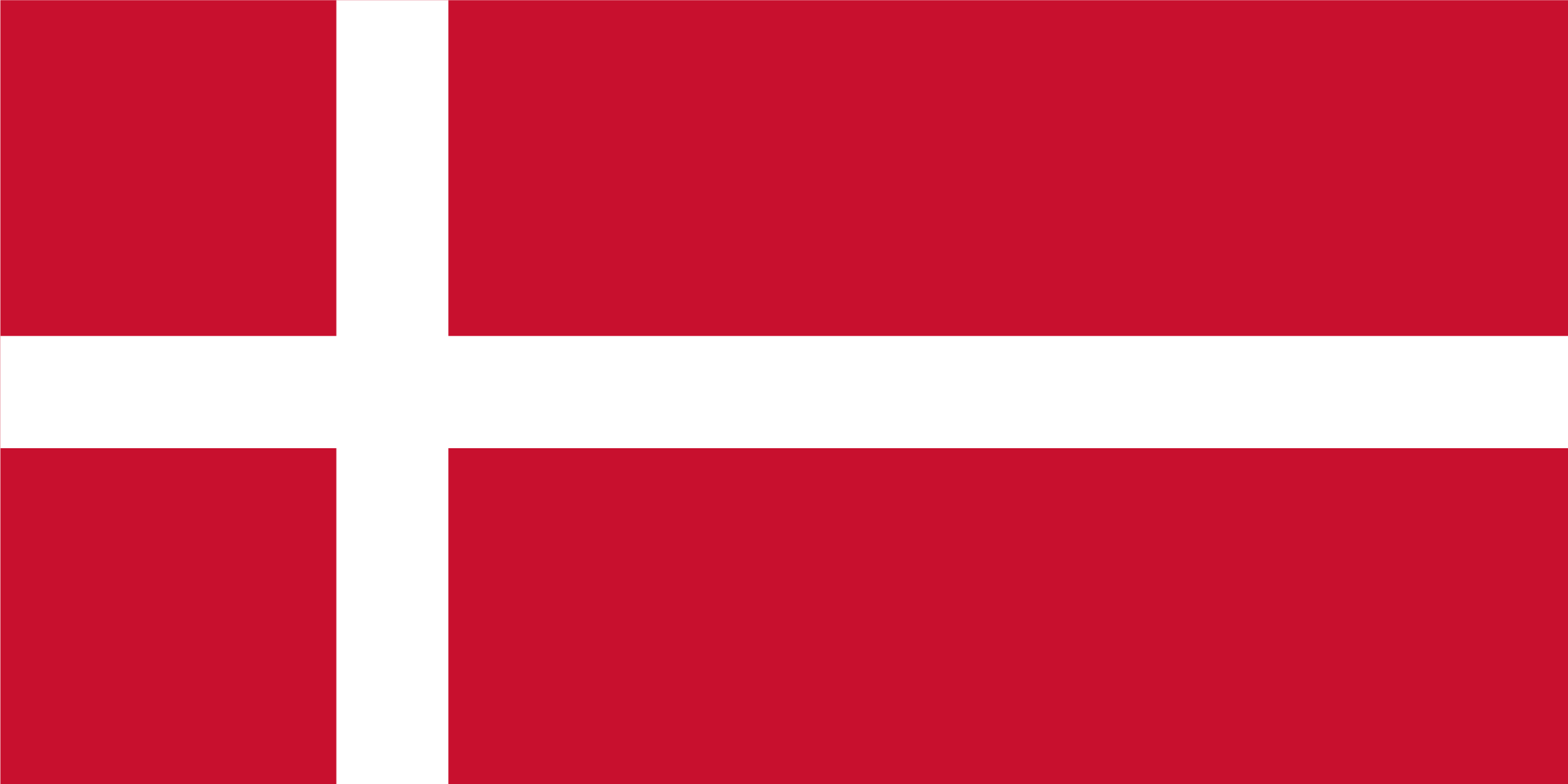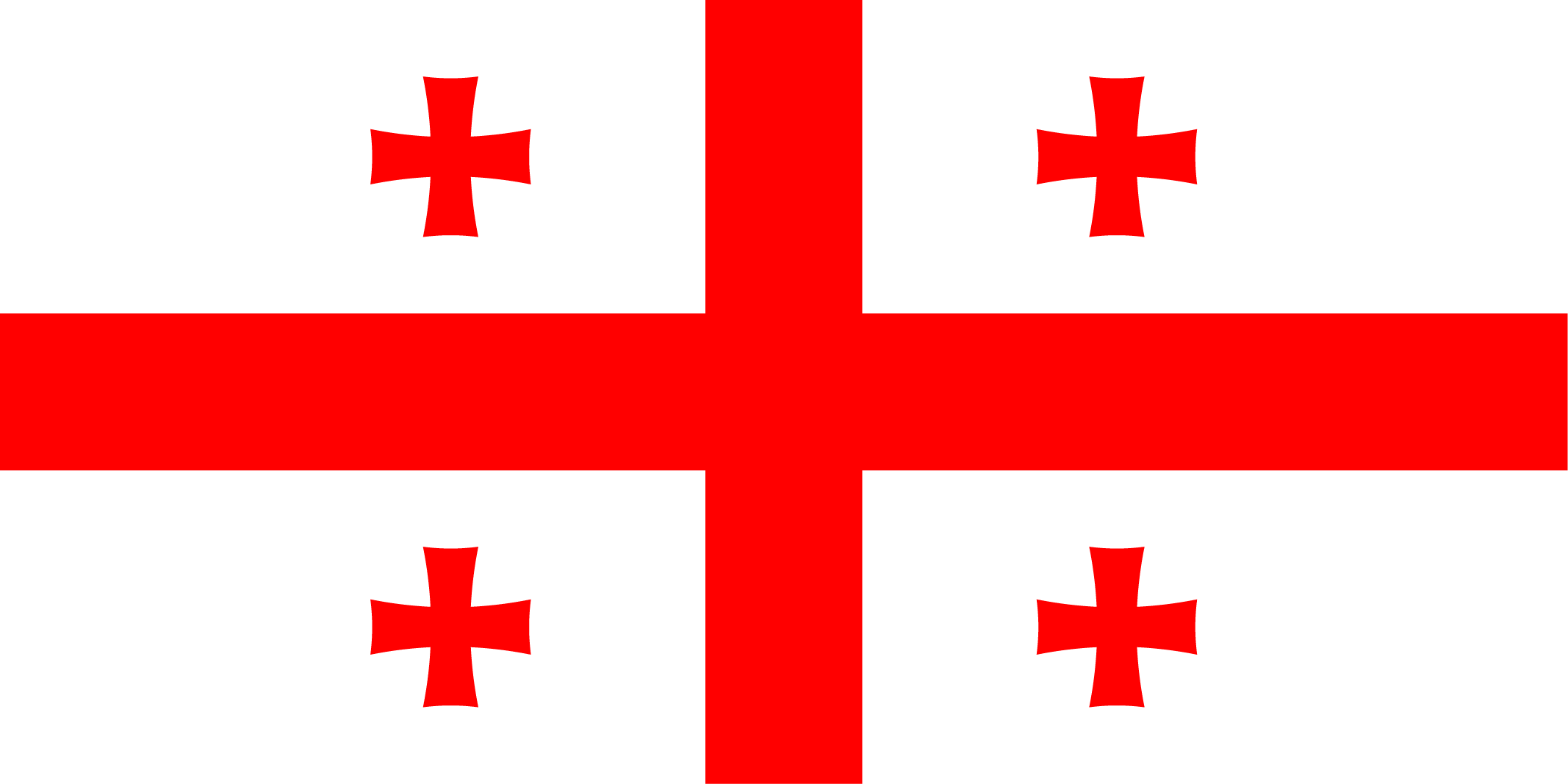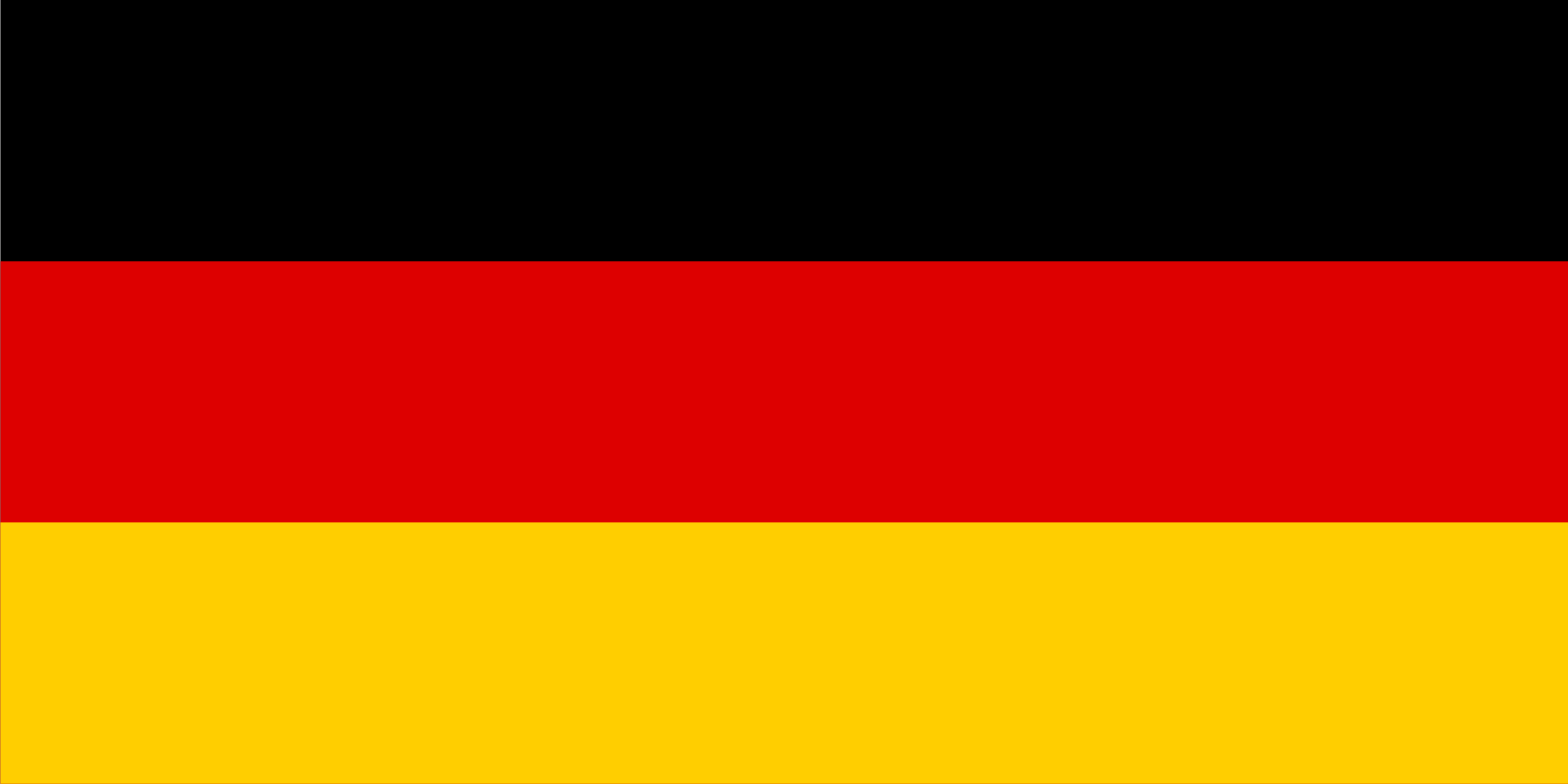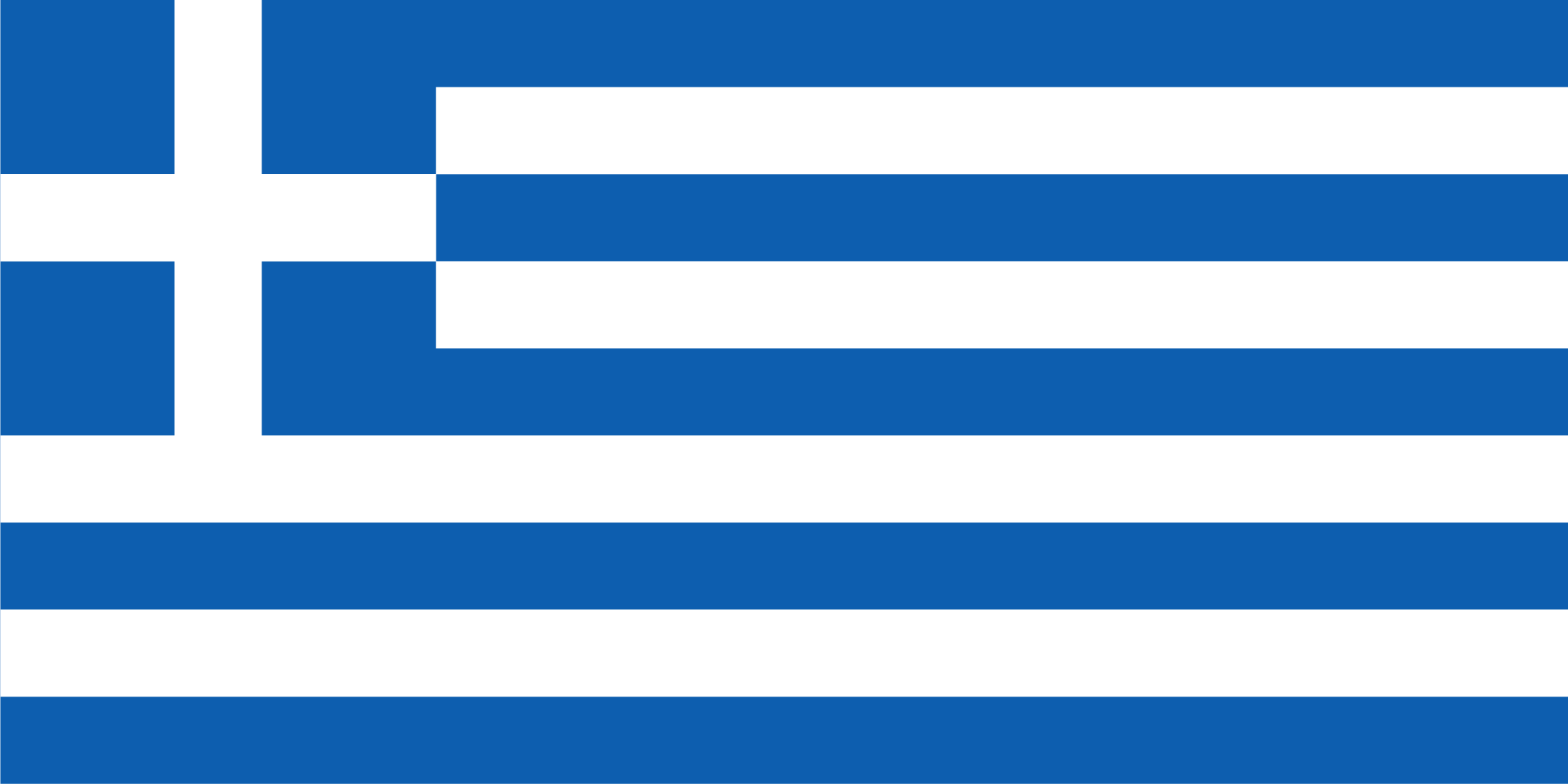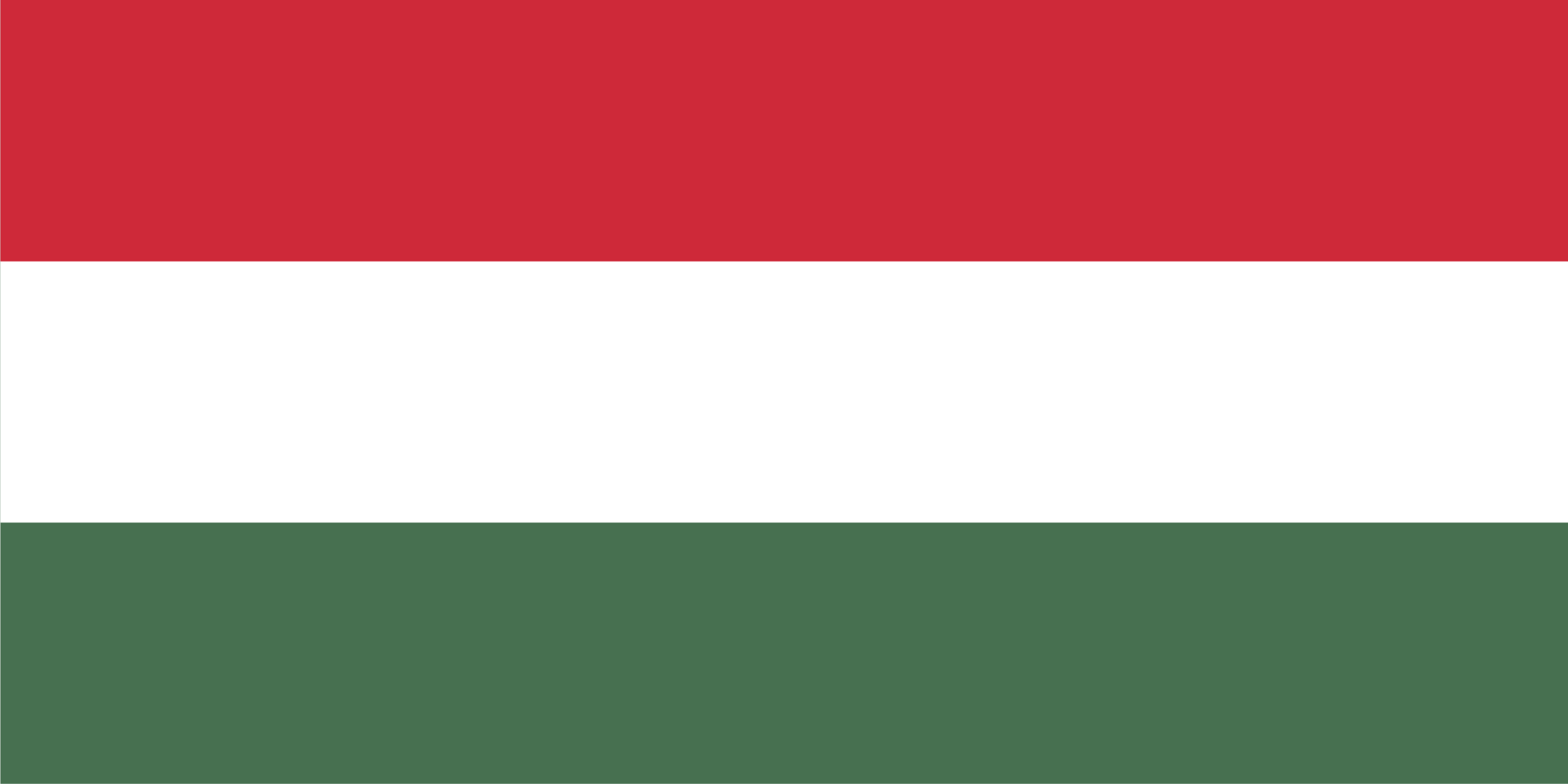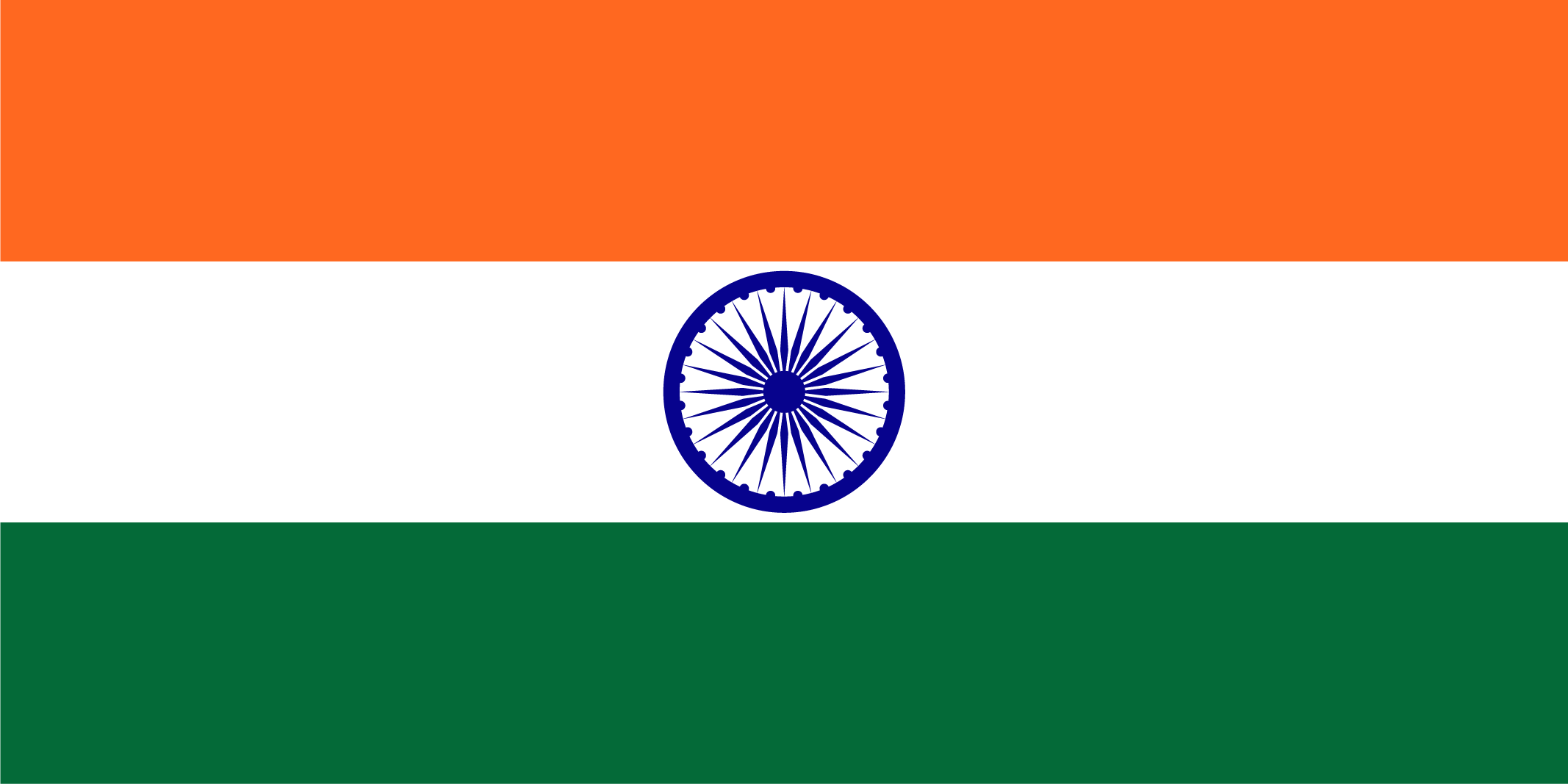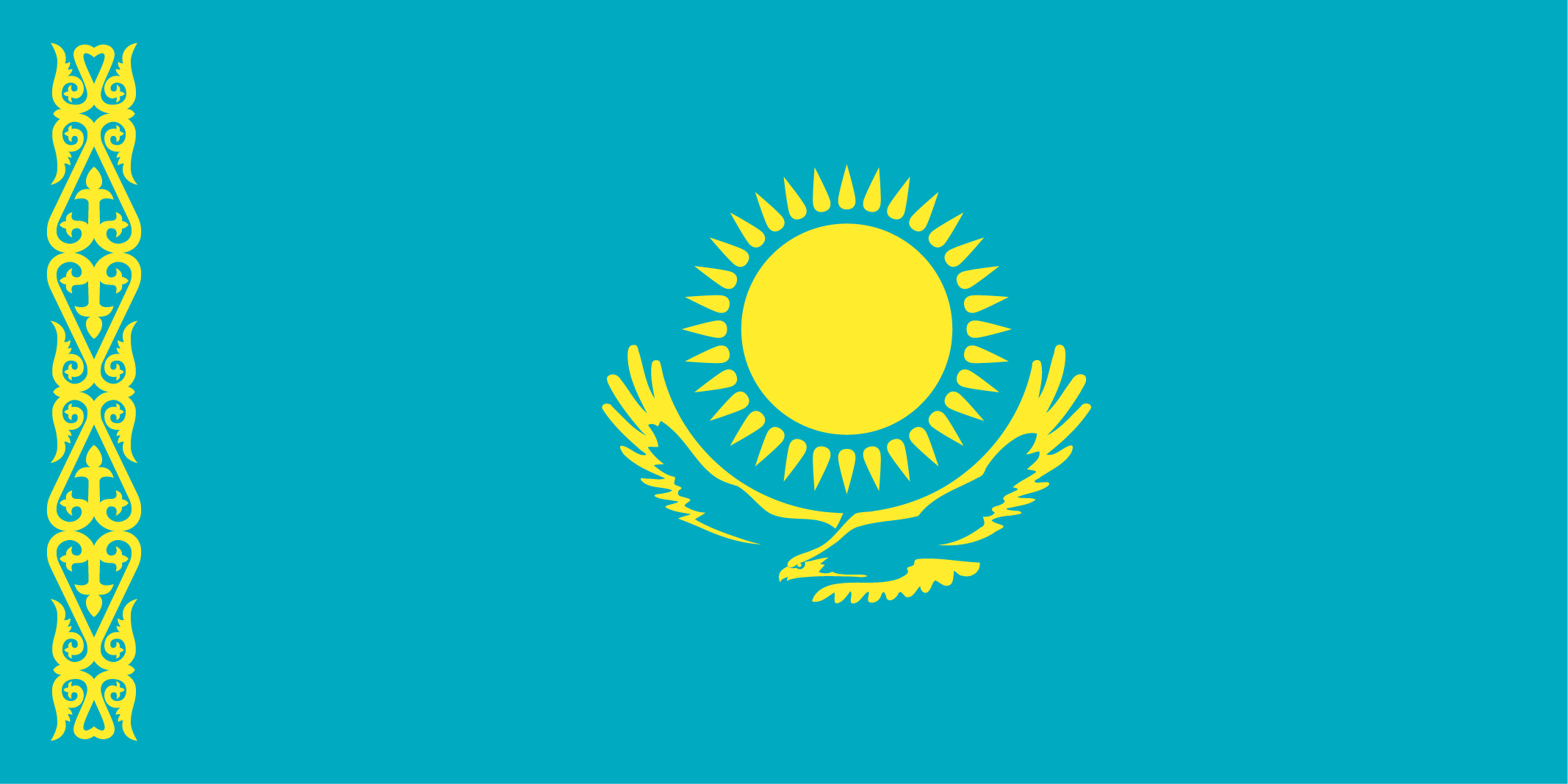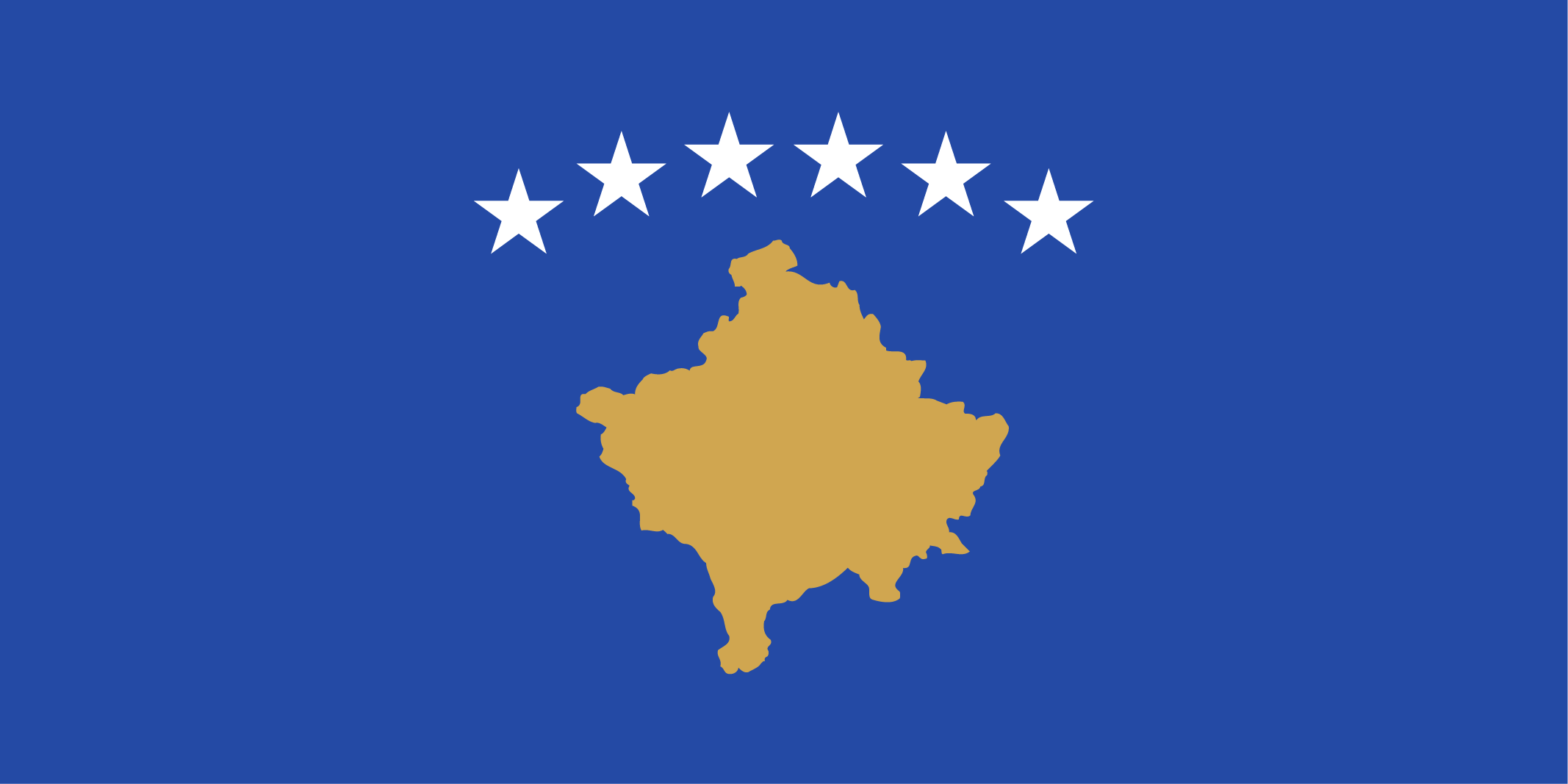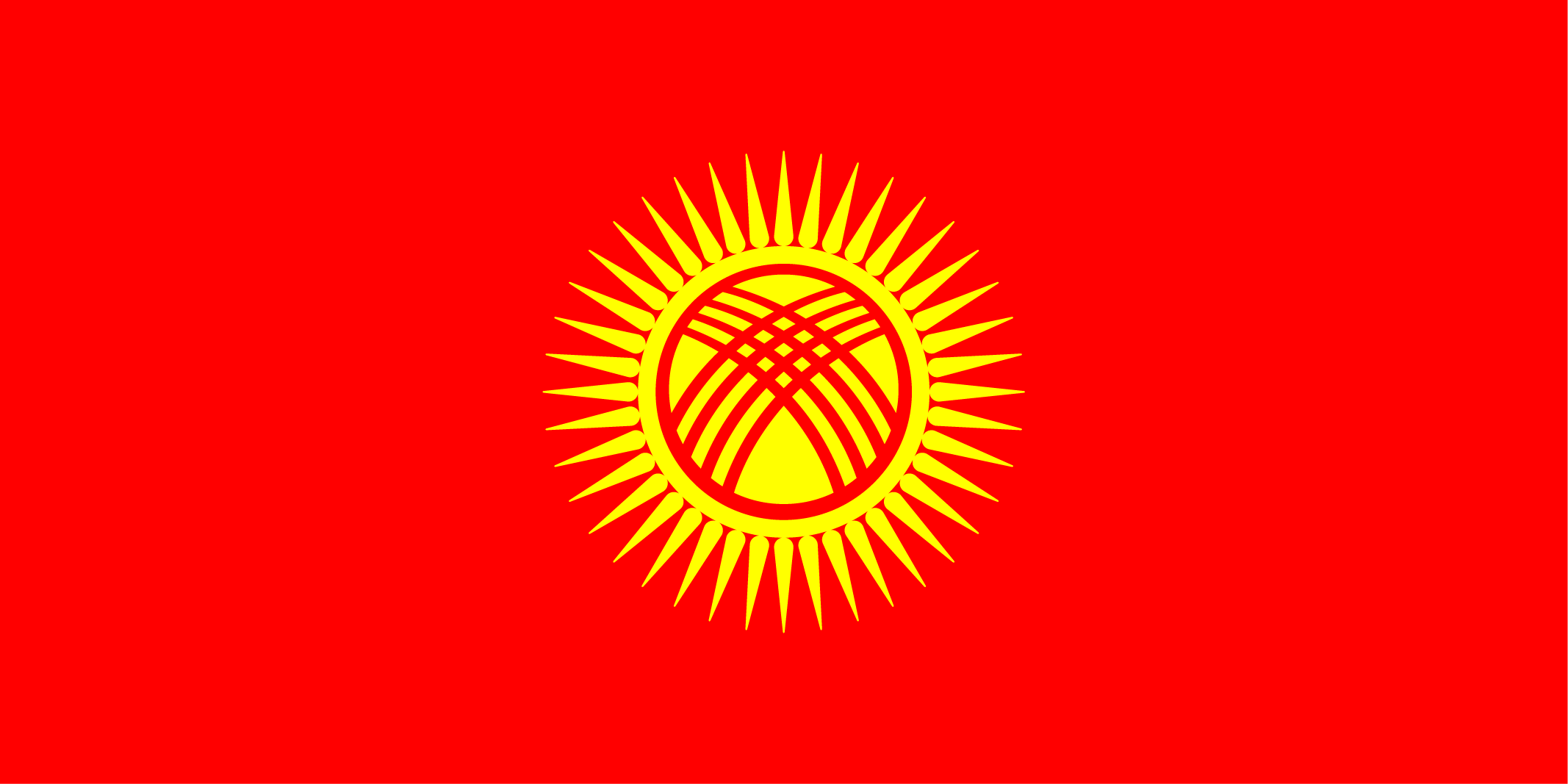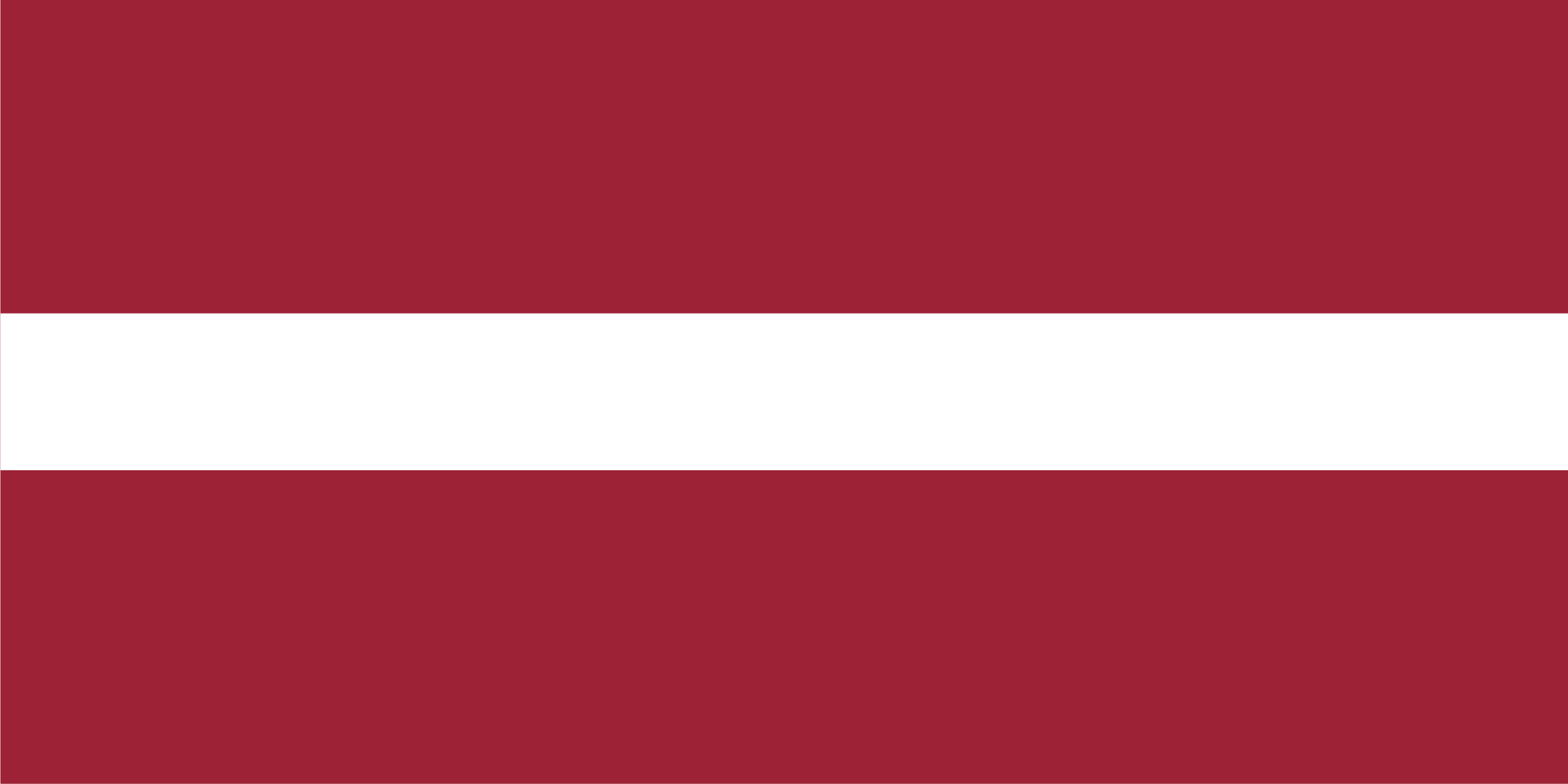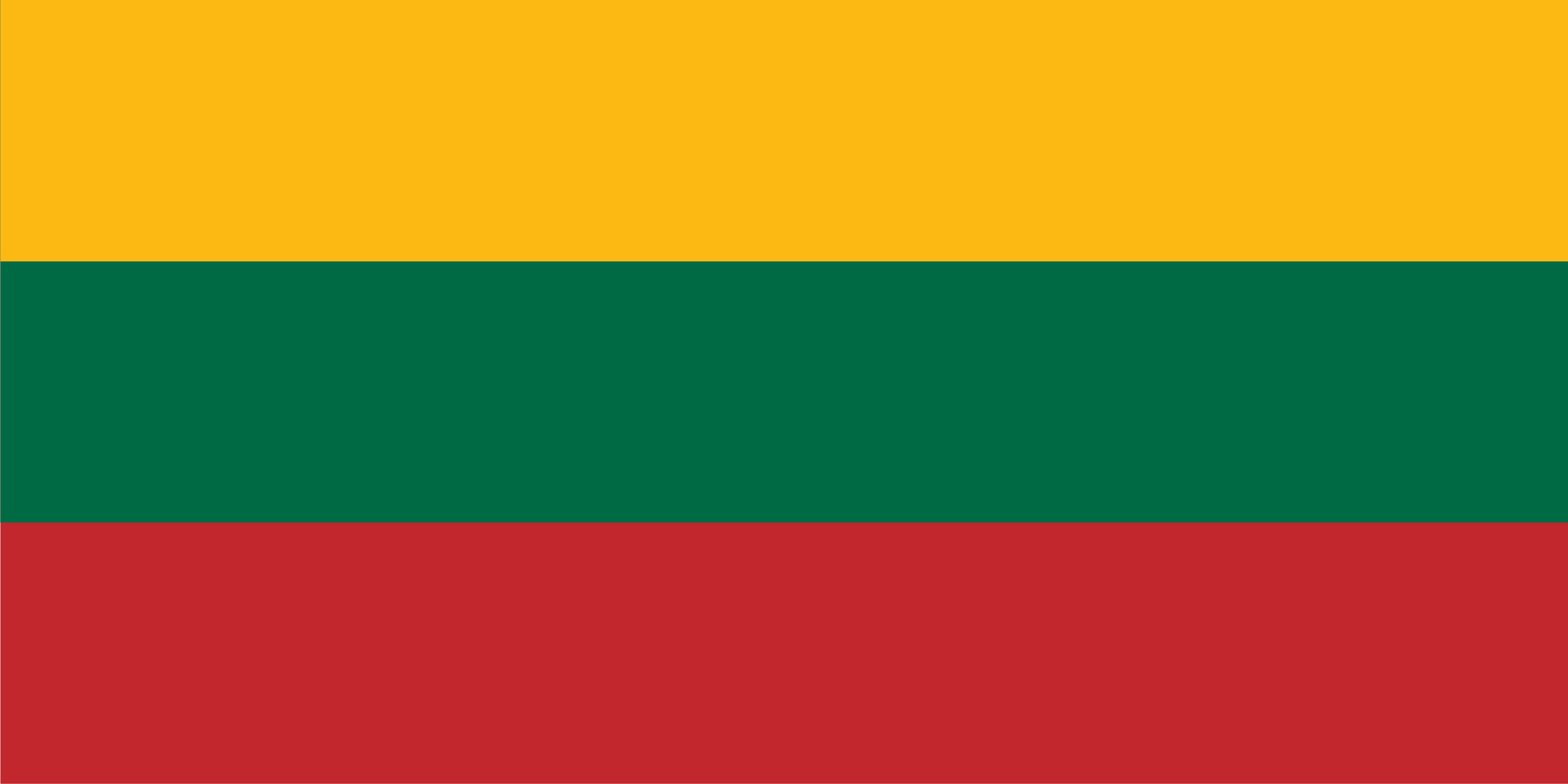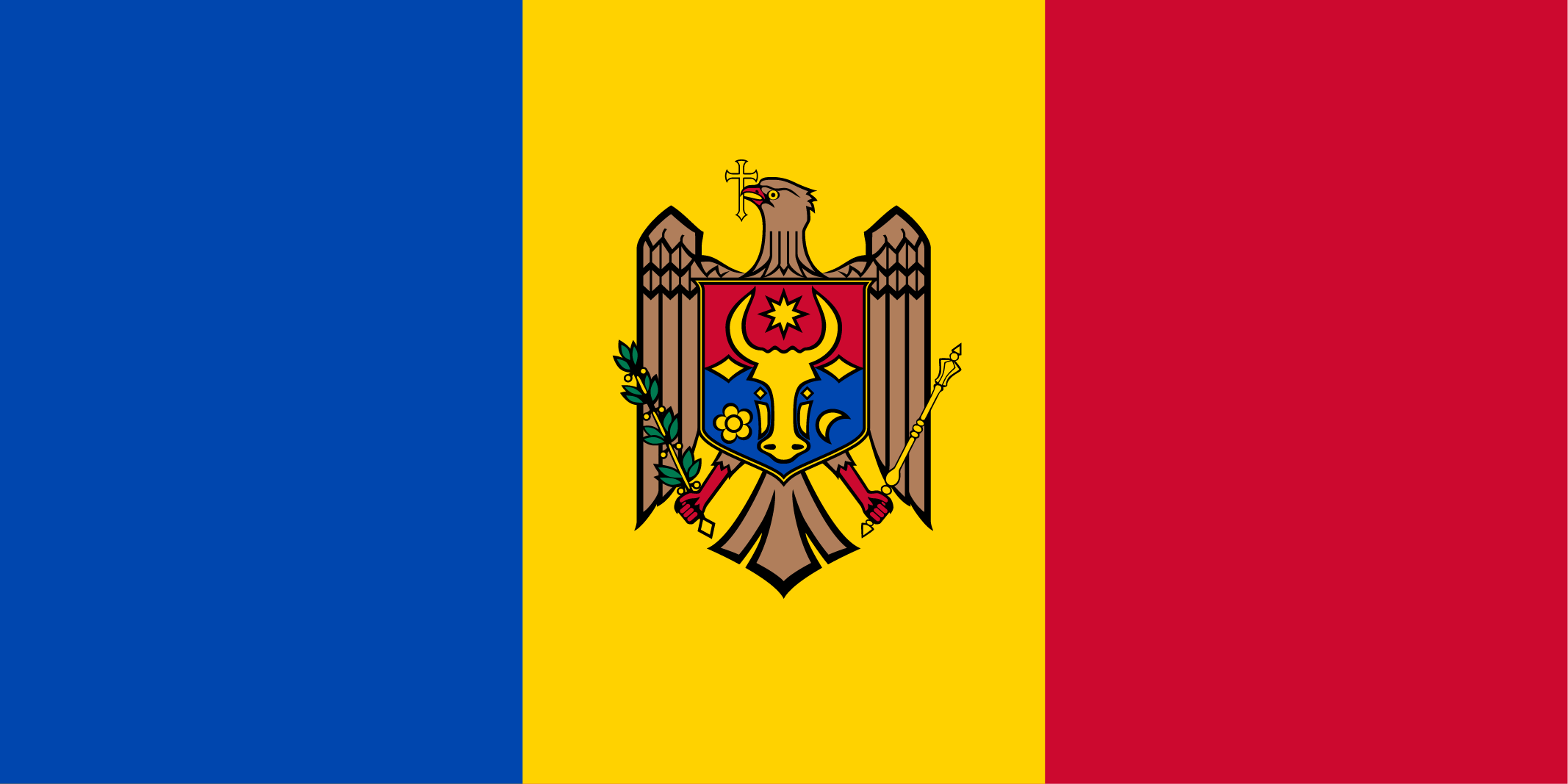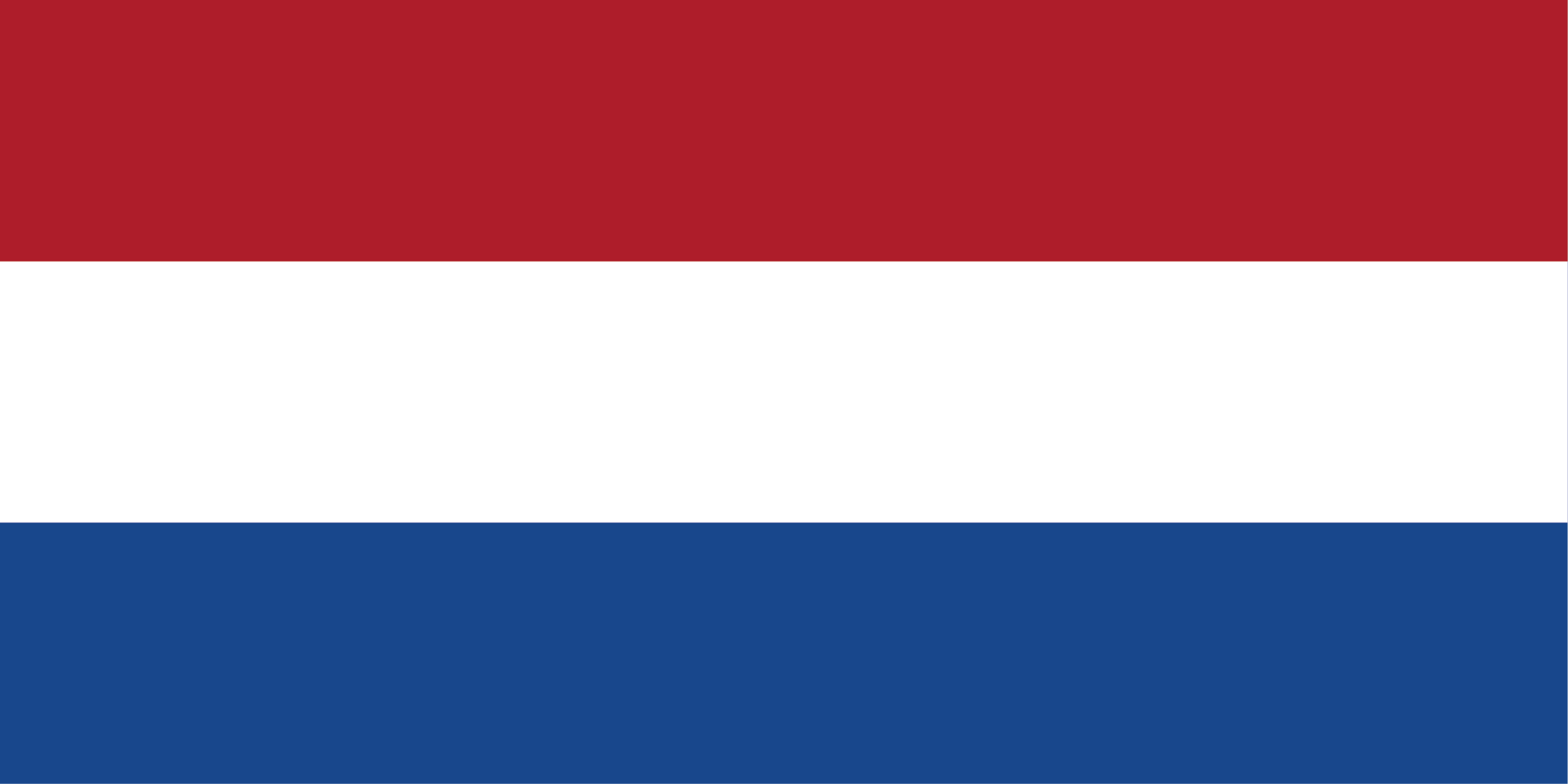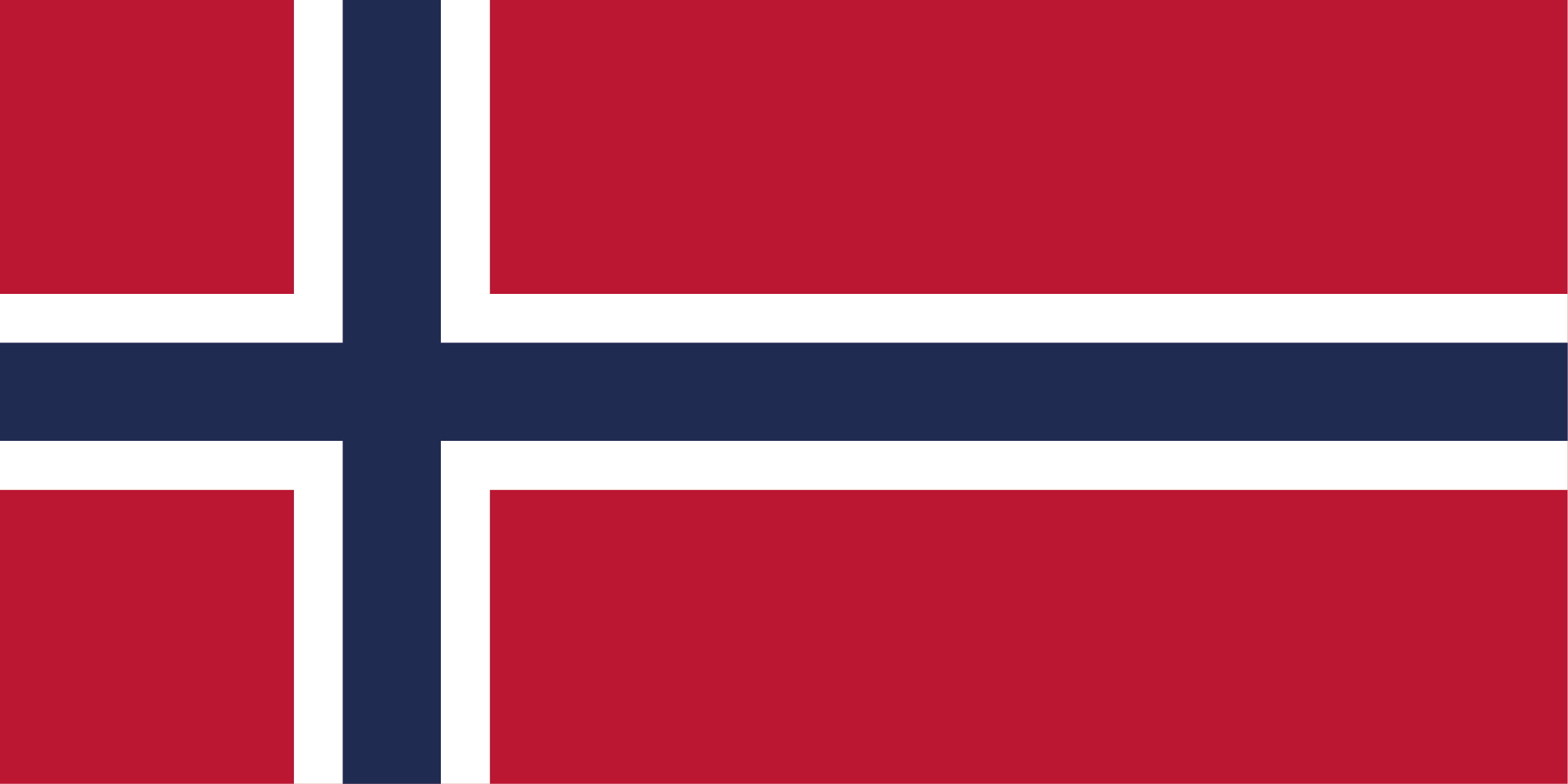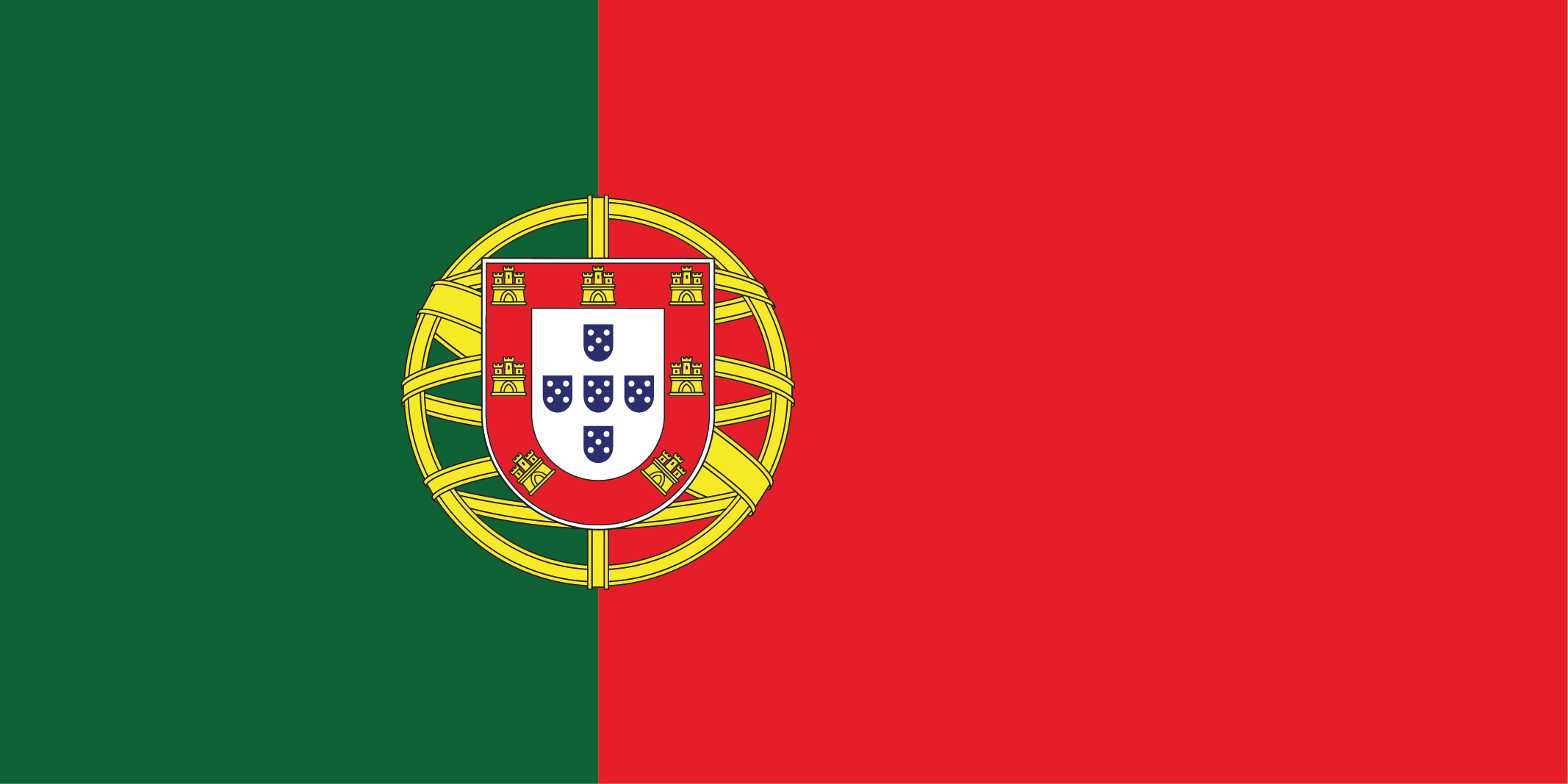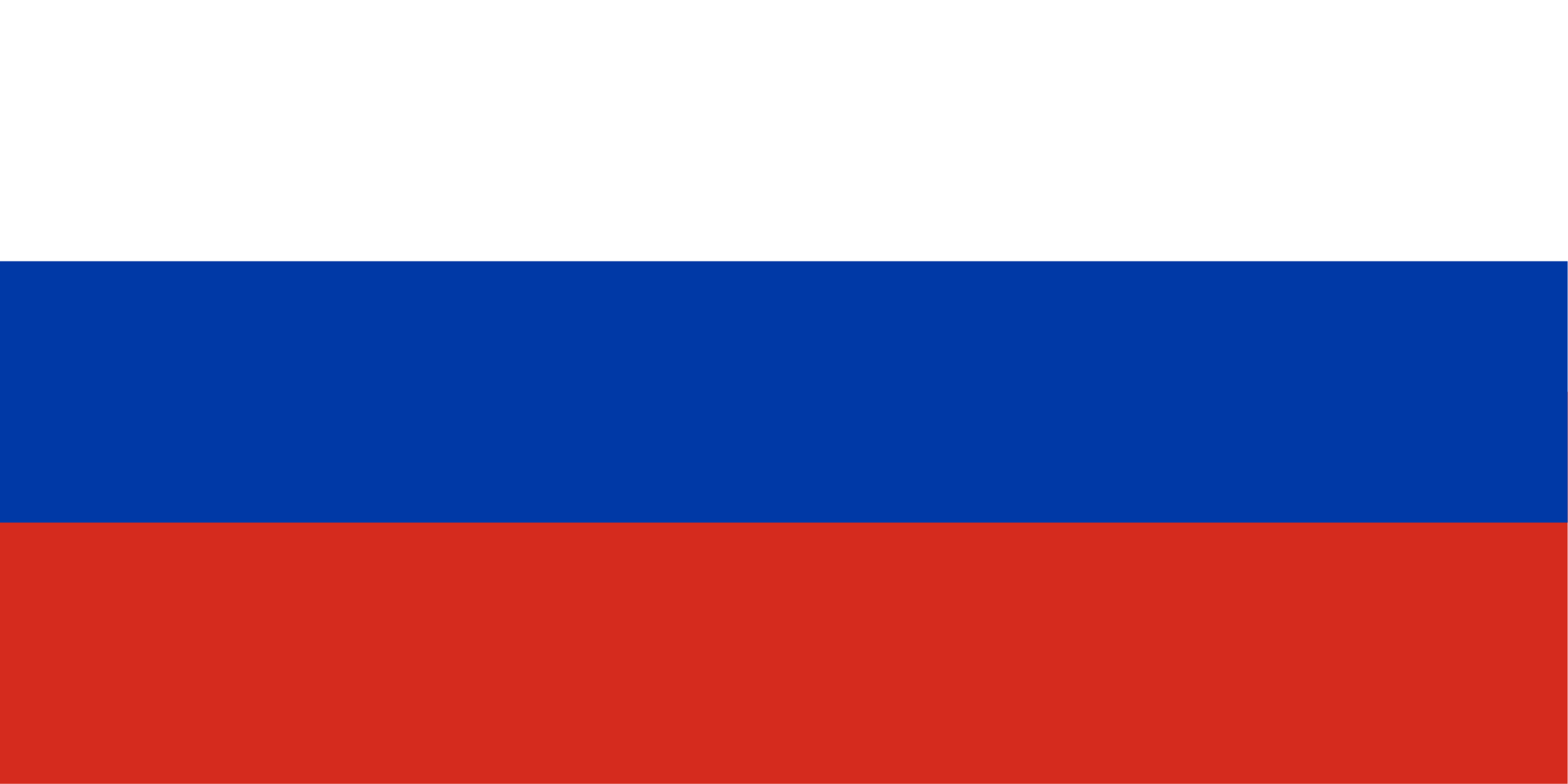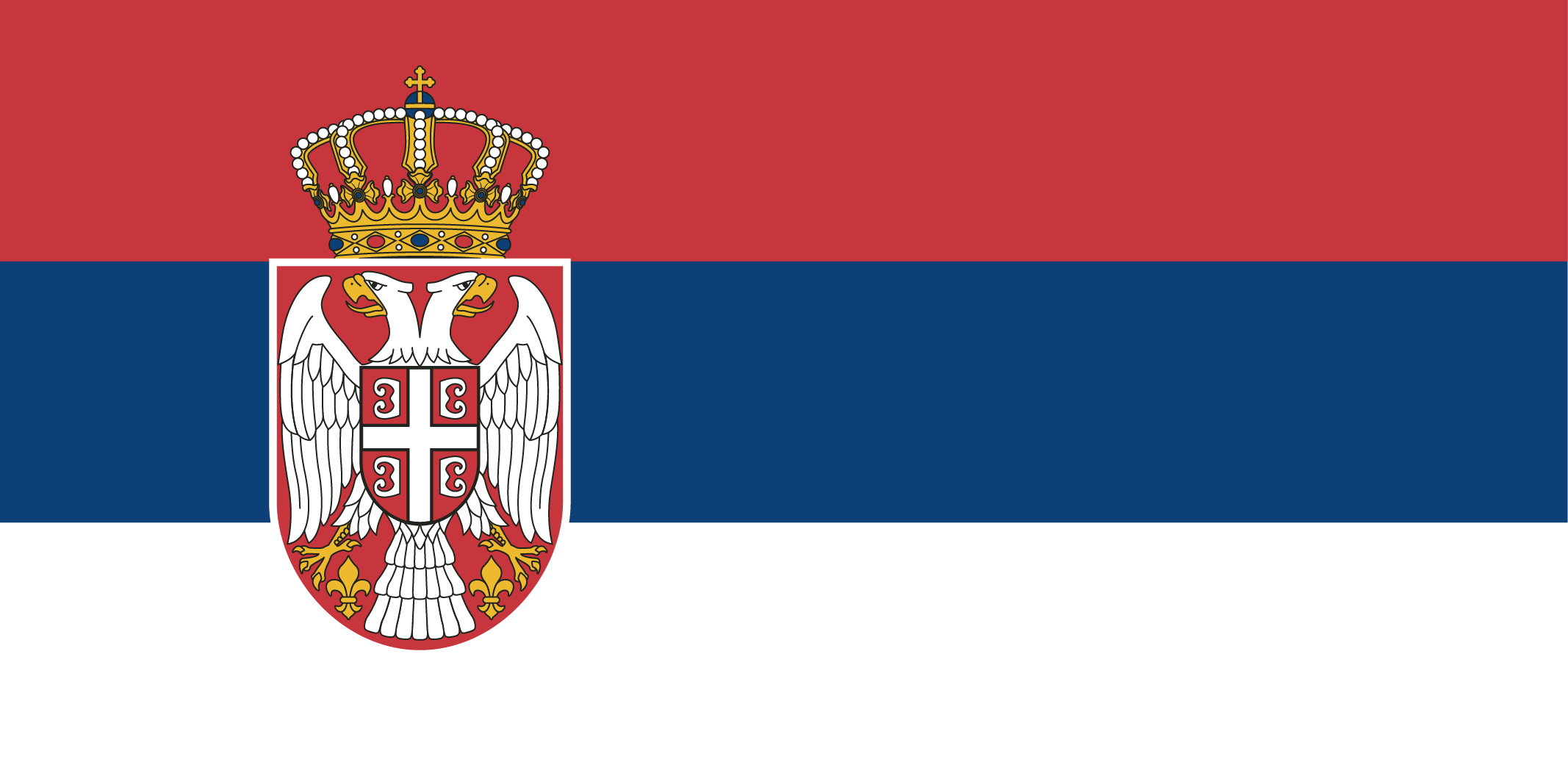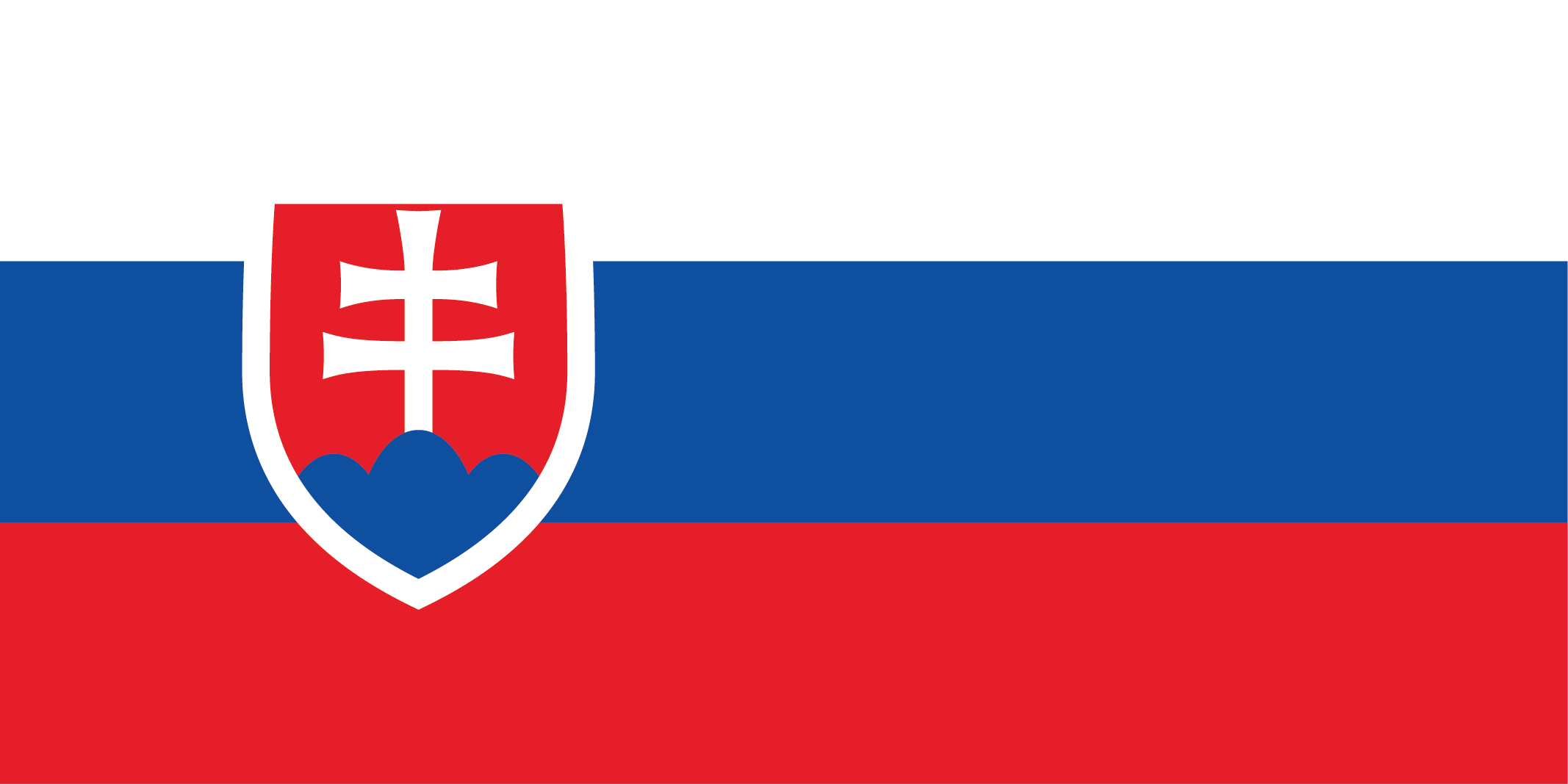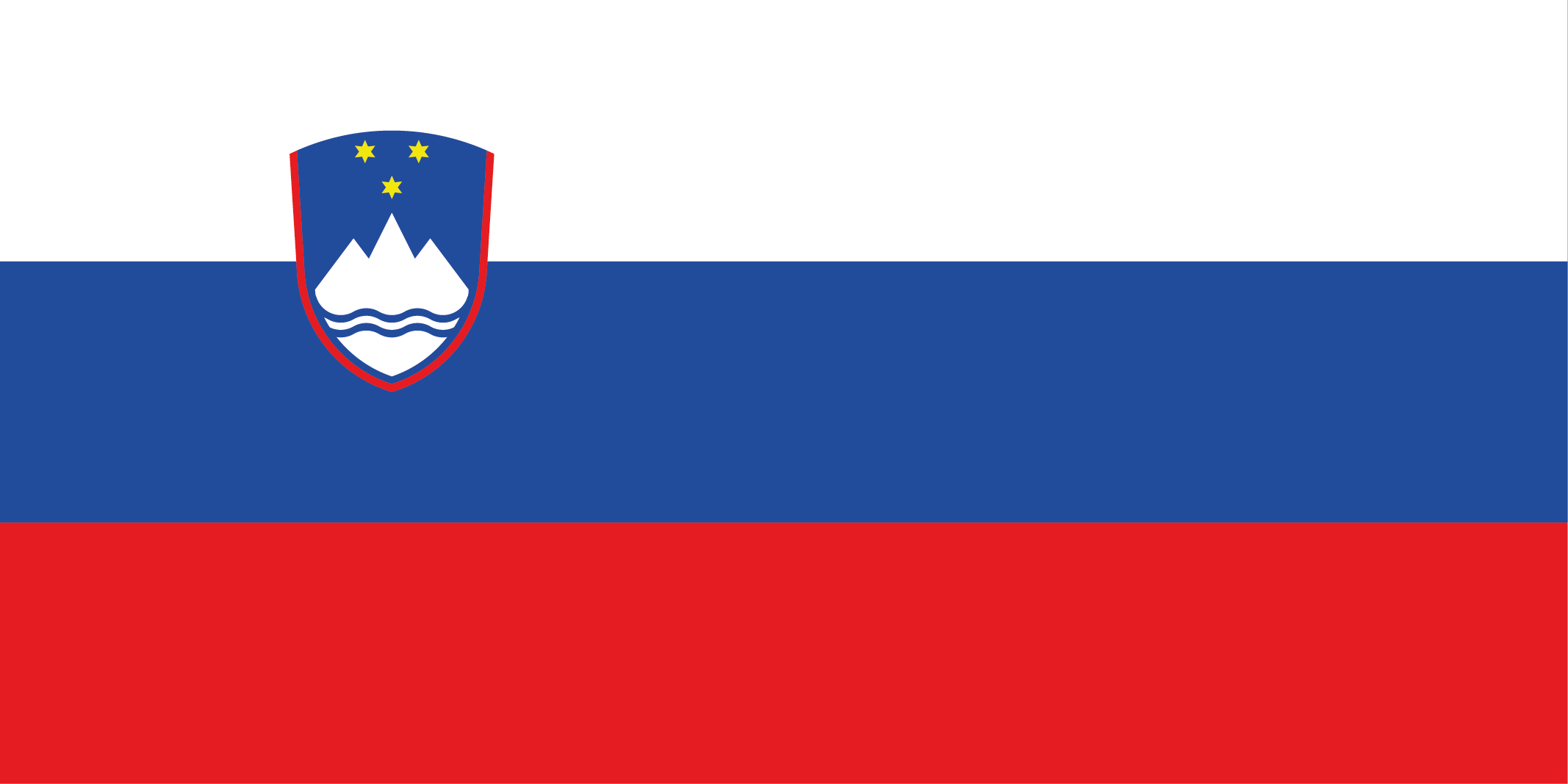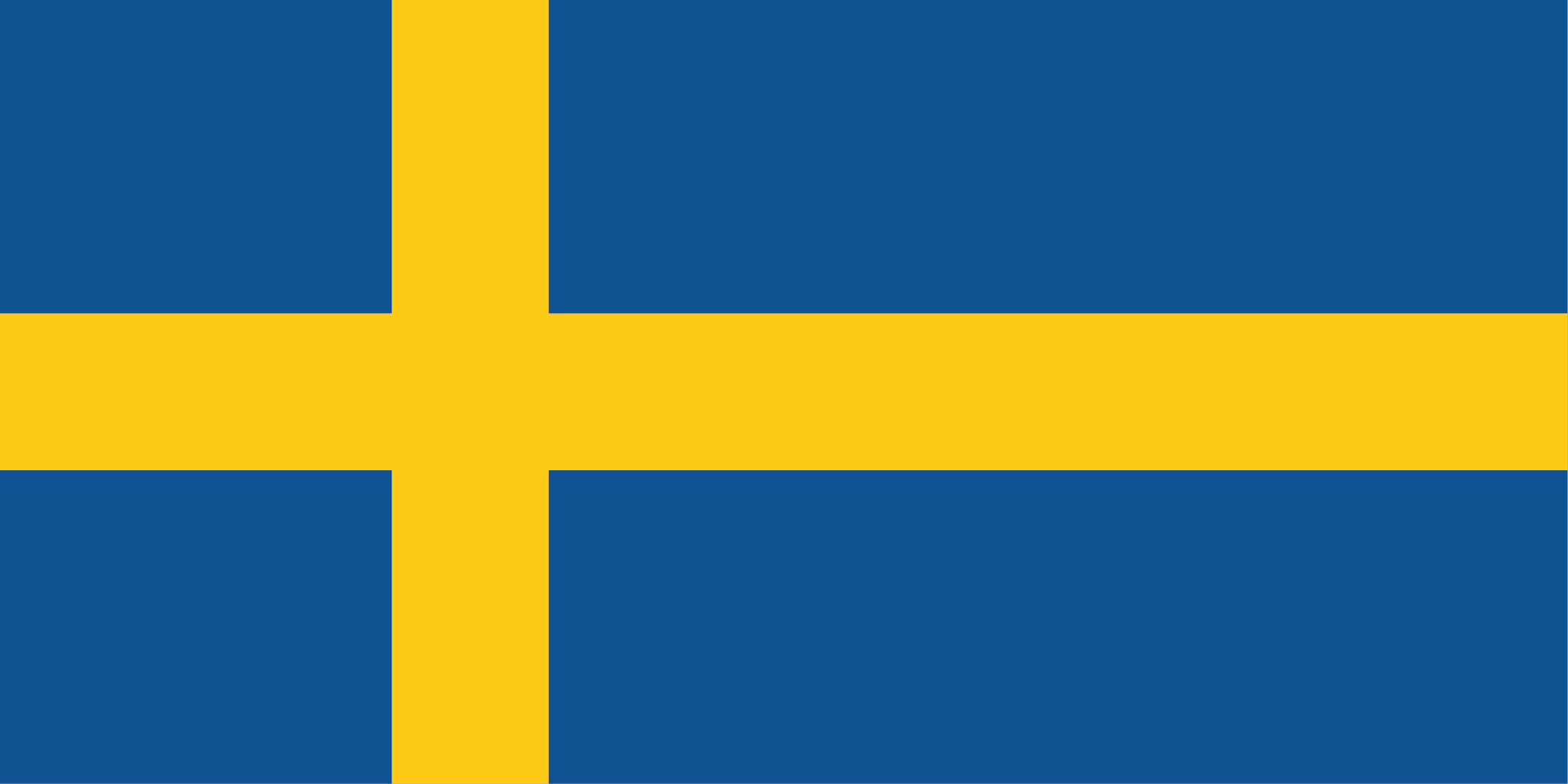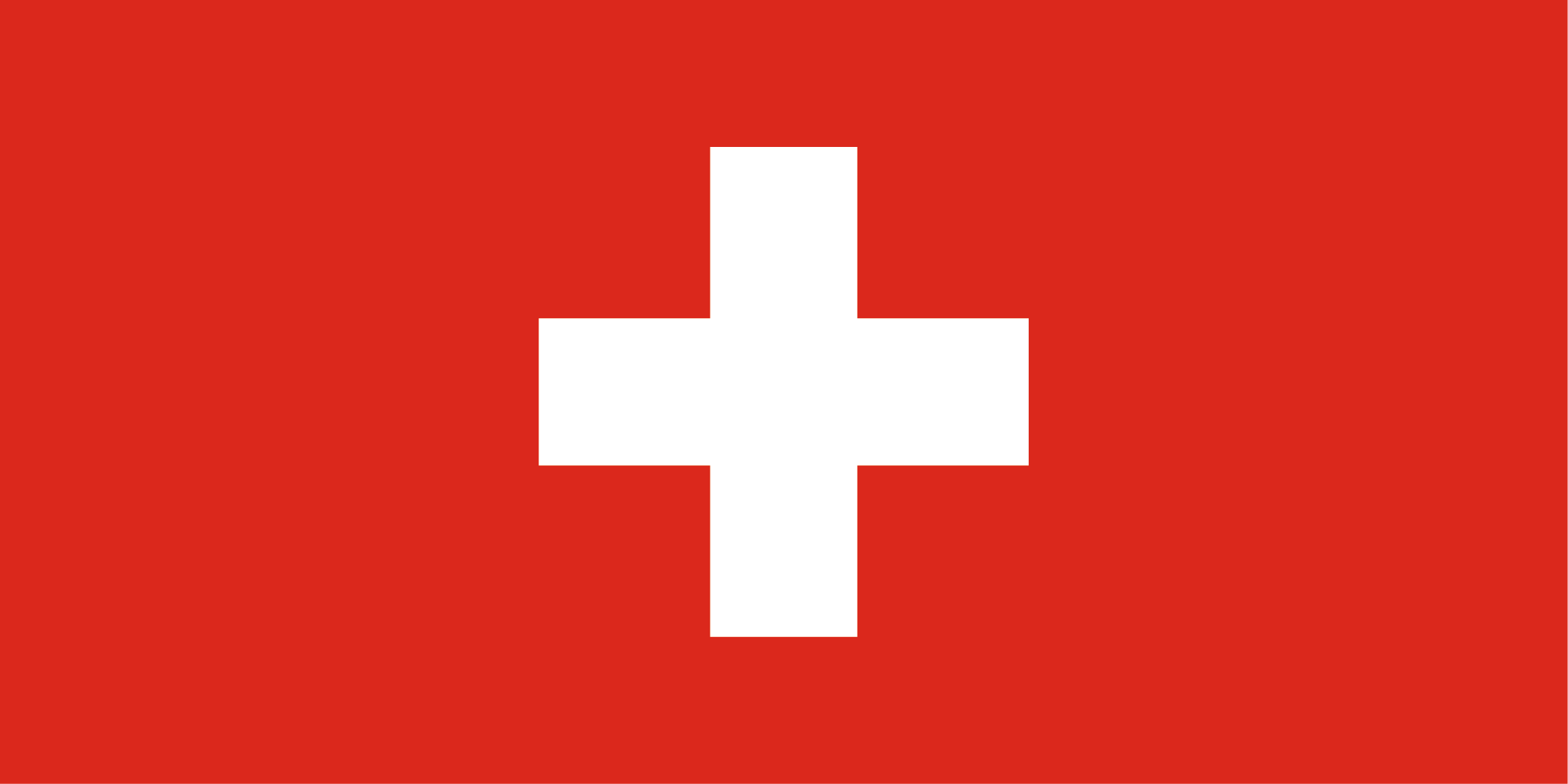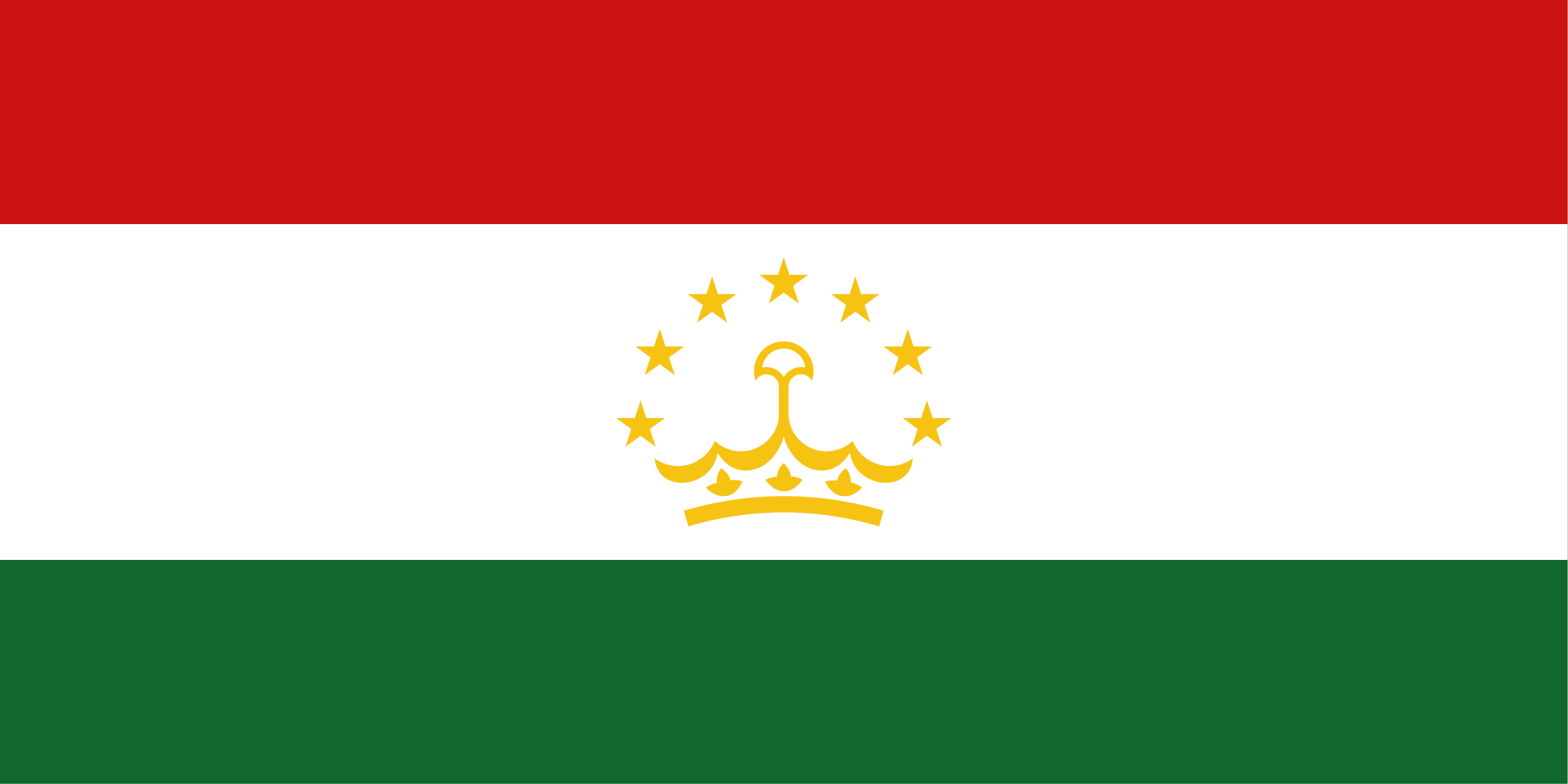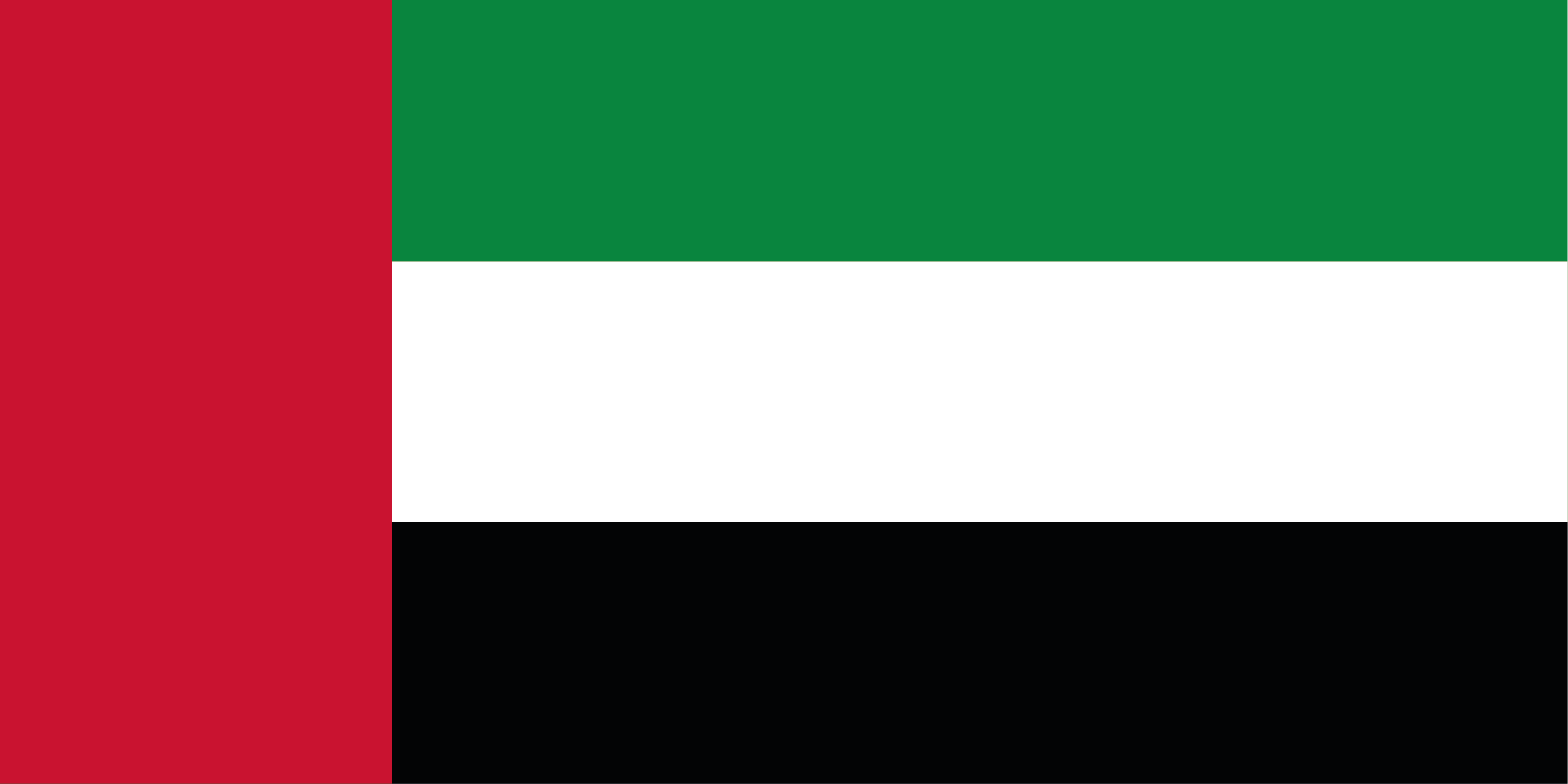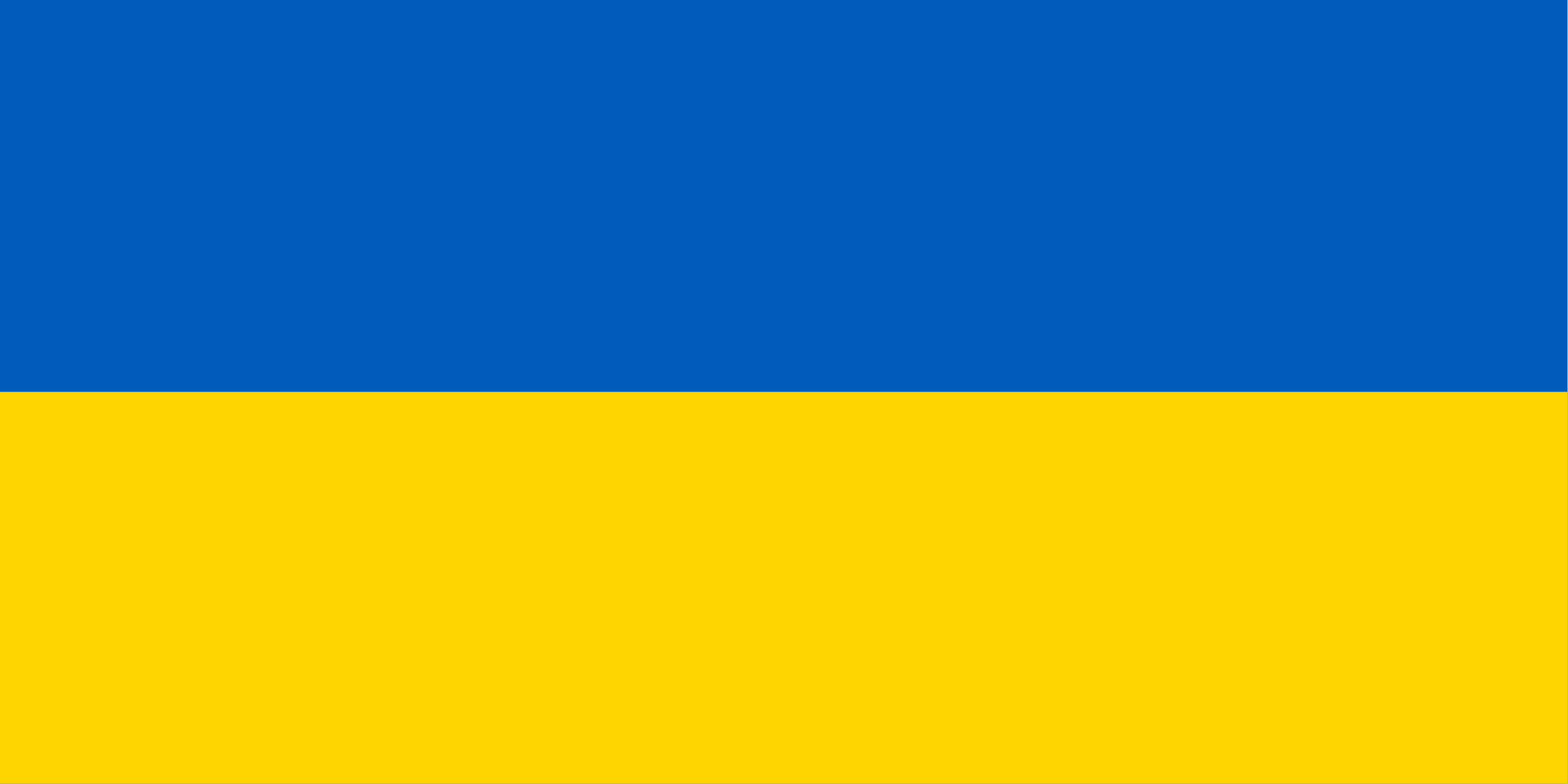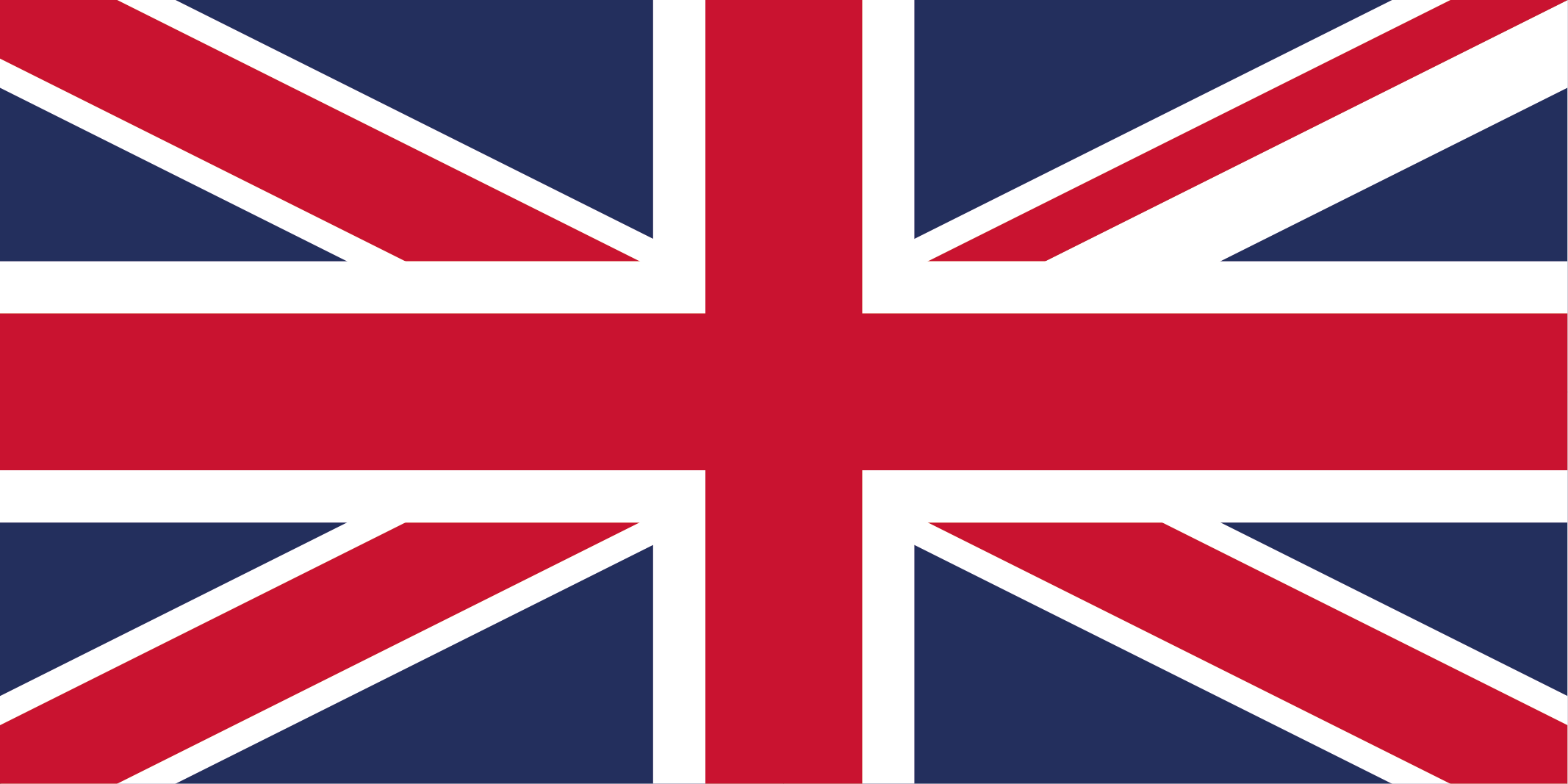Transportation of the Deceased from Germany
Why Transporting the Deceased is Necessary and Who Encounters This Issue
The death of a loved one abroad is an incredibly difficult ordeal that any family may face. This issue becomes especially pressing when the tragedy occurs far from home. In such cases, the transportation of the deceased becomes a necessary step. Often, this task falls to labor migrants, tourists, or individuals on long-term trips. In these situations, it is important not only to process the emotional acceptance but also to ensure the proper legal documentation of all procedures.
What to Do in the Event of a Death Abroad
The first step is to notify the local authorities. This can be a hospital, police, or a special institution. Afterward, it is advisable to contact the consulate of one's country to clarify the details and obtain a list of actions. It is also necessary to prepare for collecting and preparing medical documents, including the death certificate and medical report. This is the starting point for the entire process of transporting the body back home.
Why Self-Transporting the Body is Impossible
Attempts to independently organize the removal of a body can lead to serious legal consequences. The legislation in many countries strictly regulates the movement of the deceased. To carry out such a procedure, licenses, permits, specialized transport, and expertise are required. Only specialized funeral services have the right and technical capability to arrange the transportation of the deceased while adhering to all formalities. That is why it is important to entrust this task to professionals.
Main Stages of Body Transportation
The process begins with obtaining medical documents, followed by the issuance of an embossed death certificate. Next, a permit from the sanitary service is required, as well as approval from local authorities for the export of the body abroad. The translation of documents into the language of the country where the body will be transported, with notarization, is mandatory. A power of attorney is also drawn up for the funeral service, which assumes responsibility for addressing all issues, including interaction with official bodies and organizing transportation.
Preparing the Body for Transportation
Before transportation, sanitary treatment and embalming are carried out. These procedures are necessary to prevent natural processes. The body is placed in a special hermetically sealed coffin that meets international standards. If the family desires, a farewell ceremony can be organized at the morgue. This allows loved ones to say goodbye to the person before the departure. All of these steps are strictly regulated.
Available Transportation Options
Specialized vehicles equipped with cooling systems are used for transporting bodies. Depending on the situation, transportation may occur by road or air. The delivery of an urn with ashes is also practiced if cremation has been decided. The urn can be transported by airplane in compliance with all regulations. It is important to understand that each case requires an individualized approach and meticulous adherence to formalities.
Timelines and Documentation Nuances
Timing depends on numerous factors, including the circumstances of death, the workload of the consulate, and the availability of necessary documents. On average, the entire process takes from several days to a week. If death occurs as a result of a traffic accident or requires a prosecutor's investigation, timelines may extend. In any case, professional companies coordinate all actions, ensuring timely receipt of permits and correct documentation preparation.
List of Required Documents
The following documents are required for arranging transportation: medical certificate of death, embossed death certificate, permits from sanitary services and authorities, notarized translations of all documents, as well as consulate approval. If necessary, confirmation of a burial site may also be requested. The complete set of documents is prepared by the funeral service, which eliminates errors and delays at the border crossing.
Who Pays for the Transportation of the Deceased
In most cases, the family covers the expenses of the organization. Sometimes these costs are partially or fully covered by an insurance company or employer if the death occurred while fulfilling work duties. However, standard travel insurance rarely includes these types of cases. For such purposes, separate assistance policies are issued that provide for the repatriation of the body. In any case, it is necessary to clarify the financial conditions in advance.
Advantages of a Professional Funeral Service
Turning to professionals guarantees adherence to all stages: from document preparation to body delivery. Licenses, experience, specialized transport, and constant communication with consulates are just a small part of what such a service offers. Specialists provide moral and organizational support, relieving the family of unnecessary stress during a difficult time. All procedures are carried out with respect for the memory of the deceased and strictly within the framework of the law.
Frequently Asked Questions
- Can one travel with the body? No, transport is carried out using a specialized hearse without the accompaniment of passengers.
- How to retrieve the personal belongings of the deceased? This is possible if the items are officially handed over to relatives or the funeral service.
- What to do if not all documents are available? The funeral service will assist in restoring and obtaining missing documents.
- How to expedite the process? The sooner you seek help, the quicker the documentation will begin.
How to Get Help
To begin the process, it is necessary to issue a power of attorney and provide information about the location of the body. After that, the funeral service specialists start preparing all documents and agreeing on the route. The family receives step-by-step assistance from the moment of contact until the conclusion of all procedures, including the delivery of the body or ash to the designated location.
Conclusion
Organizing the transportation of the deceased is a complex and multifaceted process that requires experience, knowledge, and respectful attitude. In such a situation, it is important to trust the task to those who understand all the nuances and can guarantee reliability. Professional support ensures a dignified farewell and helps to avoid numerous mistakes. If you need such a service, do not hesitate to seek consultation — every minute counts.






